
Our success is translated into the results our students give us.
Years
Selections
in Top 100


()
gello
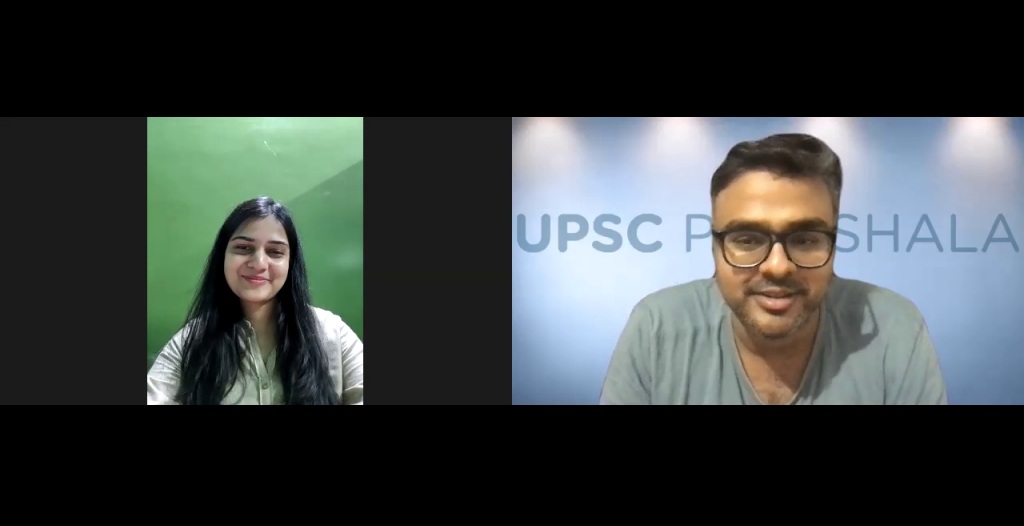
(2019)
The Union Public Service Commission released the UPSC 2019 results on 4th August and 2020 and that was the day when Sizal’s dream came true. Sizal Agarwal, from Assam, scored the 112th all India rank in the UPSC civil services exam. Let’s have a look at the interview session with the super elated Sizal Agarwal. Interview with Sizal Agarwal First of all, congratulations on your success in the UPSC 2019 examination. You must be super elated at this moment. Thank you. I am overwhelmed actually. Is this happiness because the UPSC preparation journey has finally come to an end or the rank? I believe the former one is not the reason because the civil services exam was more about the journey than the final destination. But that I have made it in my fourth attempt and it has taken too many years of hard work and dedication, so finally clearing it with a good rank makes me happy. Sizal can you tell me something about your education background, from where you belong and when you started preparing for the civil services exam? I am from Jorhat, Assam. I did my basic schooling from there only. I went to Delhi for my higher studies. I completed my B. Com from Lady Shri Ram College for Women and currently, I am doing my post-graduation in M. Com marketing from Delhi School of Economics. I started my UPSC preparation immediately after my graduation so that was in 2014. There was a lack of guidance as I belong from a business family where nobody has any connection with any government jobs. So I took a 10 months long coaching from 2014 to 2015 and ever since I have been doing self-study. I made my first attempt in 2016 and then continued in 2017, 2018 and finally made it in 2019. What was the outcome of your previous attempts? In my first attempt, I did not even clear the preliminary examination despite being very well prepared. There was a fundamental strategy failure from my part. I was very scared of the negative marking and only answered those questions which I was very sure of. I ended up answering very few questions. I think until and unless you push for at least 80 – 82 questions in the preliminary examination then it’s very tough to clear it. I learnt from my mistakes and then in the 2017 exam I made it to the third stage but I did not make it to the merit list because I scored really bad in my optional subject that was philosophy. I scored decent enough marks in essay papers, in the personality test round I scored 179. My interview was on 20th April and the results were released on 25th April so there was only one month left for the 2018 prelims exam. I was not well prepared and it became a wasted effort as I could not even clear the preliminary exam. Did you have self-doubt when you failed in your previous exams? Ever felt that it might not be your cup of tea? No, I did not. I know it’s very disheartening to be so close to your destination and then returning empty-handed but I was always so motivated and determined that I knew that I will crack this exam one day. I knew that hard work will pay one day and that is what kept me going. What motivated you to choose the rigorous path of civil services exam than opting for any other career opportunities? I will be very blunt and honest here. When I was in school I didn’t even know that there is an exam called civil services. I was a university rank holder. After I completed my graduation I did not want to opt for CA. MBA also didn’t interest me. I didn’t want to get into anything related to the commerce stream. However, I was interested in income tax so I started searching on the internet to find out the kind of examinations I could take to join this field. So I came across SSC and UPSC. Then I read about the civil services examination, about the syllabus and the career opportunities and then I just knew that this is what I was looking for. What is going to be your service choice? I chose Indian Police Services as my second preference so as far as my rank is concerned I would probably be getting IPS. You will definitely be getting IPS, IAS might be difficult. Yes. How come somebody having an interest in income tax didn’t take IRS but IPS? As I said, it has been a journey of growth. It was out of sheer ignorance that I didn’t know that there are so many opportunities. It was during my UPSC preparation when I came to know that there are diverse fields that I could join and out of all those the IPS training appeared to be the most attractive to me. It was like everything I wanted to do in my life packaged into one service. That’s why I opted for IPS over the IRS. That’s amazing! So Sizal, what was your meta plan for the preliminary examination? As I mentioned earlier, for my first attempt I was well prepared and well-read but that was a strategic failure. So there are both the aspects that you have to read well and also have a proper strategy. You need to analyse the previous year papers because you need to get a grip of the kind of questions being asked. There are certain kinds of questions being asked year after year like location of national parks, questions about rivers or asking you about different trends etc. So that analysis is primary so that you know where to focus and what kind of questions to read. Secondly, we can divide the preliminary examination paper into three parts. So if you are a serious candidate and read for a year or a year and a half and give tests, you will be getting at least 40 – 45 questions which you can attempt from the static parts like history, polity, economics etc. If you can not answer those correctly then there is a fundamental error in the way you are preparing because those questions are very straight forward. You just assume that you have to attempt those questions if you have read for so many years. And then there are some 15 to 20 questions which no matter how many years you prepare, those are completely unseen and unheard and nobody knows how UPSC gives them. Then there are 35 – 45 questions where you need to push yourself. There you need hard work and smart work. This is where the role of test series comes into the picture because you really need very good guesswork. So there what you need to do is go for a lot of test papers. I won’t say that you have to sit in a classroom and solve the papers. There are many materials available, take from there and prepare. Test papers will give you new questions, there will be revision plus that will also improve your guesswork. Apart from these, I don’t think that UPSC gives you something very recent in the current affairs so you need to be thorough with the current affairs that have taken place over two years at least. Coming to the static part, that is high scoring. If you analyse the papers well, you will find lots of questions being asked from the polity, economy, environment, ancient India, modern India. So this is one part where you can prepare well and score well as current affairs are unpredictable and unexpected and no matter how well you prepare in this section, there will always be questions which you don’t know. The static portions have to be very strong and for current affairs, don’t stick to one source. I read newspapers regularly. I mostly read the Hindu and sometimes referred to the Indian Express. I made my own notes too. Since the preliminary examination is MCQ based, you need to have a detailed and in-depth view of everything. As you mentioned about referring to multiple sources for current affairs, how did you manage your time? What was your day to day time breakage? See, when you start reading the Hindu, initially it would take a lot of time. For me also it took three hours to three and a half hours because at that time you don’t know what is important and what is not. But eventually, the time would reduce when you get a grip of the kind of questions being asked and what is more important. Apart from that, I used to have micro-level planning. I would make a time table for the whole day and at the end of the day when I used to get mentally drained then I used to do internet research for current affairs and incorporate multiple angles into everything. You have to set a target and you must know how much should be covered in a day because without proper planning you probably won’t be able to cover the entire syllabus. So for me, it was micro-level planning and handwritten notes. What I used to do is, I read and wrote those in my own words. That helps you revise and re-revise in less time and do it easily. So, how many hours do you usually devote to the UPSC preparation? Or how many hours do you think is required for civil services exam preparation? 8 to 10 hours was a normal routine for me. It varies from people to people as per their concentration level but for me, it was the time that I dedicated on a daily basis. How did you manage to avoid distractions from things of today like the Internet, entertainment etc. First thing is that I have always been a very studious person. Sitting with my books and getting indulged in them for hours were very natural to me. The second thing is there was no plan b for me. I just knew that I had to crack the civil services examination. For the mains examination, how much did you prepare for the answer writing? See, I did not join any test series but I am not recommending that for all as it varies for person to person. The paper for mains is very lengthy. If you devote more than 7 minutes to go through the questions, you won’t be able to finish that. You have to organise your thoughts for certain questions in a very limited time. So answer writing for the mains exam becomes vital because you need to understand the demand for the questions. All of the questions in the mains examination carry command words like describe, illustrate, an analysis which means that the demand for every question is different. So until and unless you practice some answers you won’t know the patterns. You won’t be able to organise your thoughts, you won’t know if your time management is good but then again joining a test series is not necessary. You can do these on your own too. There are many websites which give daily practice questions. You can take two-three questions daily and prepare. Then there are topper answers booklets available. You can read those and see the kind of answers they are writing and attempt to write those on your own. What is essential here is that you understand the demand of the question and answer accordingly. If that comes to you without answer writing practice then it’s fine, this is what happened to me. I didn’t do a lot of answer writing but I always knew what I had to write in a certain answer. This is for the general studies paper but for optional, the strategy would vary especially if your graduation or post-graduation doesn’t align with the paper you take. And for the essay paper as well. I never attempted any test series for that but whenever I was reading the newspaper or there was certain news which I thought would make a very good essay topic, I would collect news articles on that and write an essay on it. I also used to write essays on basic topics like education, health, growth and development and I collected data that could be used in multiple write-ups and I kept all those handy. So, what I am trying to say is that all of these are possible only when you understand the demand for the exam. Not all students have the resources to join the test series, so you can do that on your own as well. Did you attempt all the questions in the mains exam or skipped a few? What was your strategy? My strategy was to be able to attempt every question but because the quality of the content is very important, if there was a certain question which I had no idea about, I would leave it. But, in the 2019 UPSC civil services exam, I attempted all the questions in all the papers. In my previous attempts, I left a few questions which I had no idea about but in UPSC 2019 probably there were no questions which I was completely unaware about so I attempted all. People say that you should write the one first which you are confident about because that will help you maintain good quality. but I did not follow that because I believe that if you spend more than 7 minutes in a question, you can not complete the paper. So I tried to maintain a moderate quality and attempt all the questions. Now coming to your choice of optional subject. Coming from a commerce background, you chose philosophy, any reasons behind it? The choice of the optional subject is so critical that it is absolutely a game-changer and it’s totally going to determine if you make it to the list or not. So when I graduated and saw the commerce syllabus I thought it’s not manageable and I would never be able to complete it, because the time period is limited. So I thought, with commerce, that is never going to happen. So for picking up the optional subject, you have to be smart. I opted for philosophy because when I saw the syllabus, I found it more streamline and more manageable. I had a peer group which was preparing for philosophy optional so that helped me a lot. Apart from that, philosophy has four parts, there is Indian philosophy, western philosophy, social-political and religious. Now I come from a very religious background, from a conservative family so Indian and religious philosophy were the parts that I have heard since a kid like in my day to day life. So that was something I already knew. When I started reading the subject, I got a good grip of it and developed an interest. You have appeared for two personality test rounds. So how would you describe the UPSC interview rounds and how you prepared for it? It is important for you to understand that they are not going to check your knowledge at this stage because that has already come out in the written papers. What is important here is how you come across as a person. I had previously read a lot of interview transcripts. Nowadays we all are digitized and there are many telegram groups where you can read a lot of transcripts. So I segregated the kind of questions that were being asked. There were opinion-based questions they were asking. So whenever I read a news item I tried to form my own opinion about it. There were also questions based on your profile. That you have to be very thorough with. They may ask you anything about your schooling, your college name, hobbies. So you have to be extremely thorough with your profile. If you are employed, there will obviously be questions regarding that. For me, there were questions based on my commerce background, on my optional subject. And then there were situation based questions as well. For instance, if you are the district collector of a district and there is monsoonal flooding so how would you prepare in that case. There are a variety of questions so I made segregation and I prepared for each one of them. Since I belong from the state of Assam which is very earthquake-prone, which has monsoonal flooding so these were the obvious questions that I could be asked from. So you need to brainstorm. What I did, I took a diary and brainstormed every possible question that could be asked, made notes and prepared for it. Obviously you can not accurately predict what you will be asked but you can always brainstorm and do some basic preparation. Apart from these, I took two-three mock interviews. Because grooming is very important. Even small things like how you sit, how many times you nod, how you move your fingers, your body language, how confident you are, how humble are you all of these matters a lot. For instance, if you ask me a question, I should take at least 2 to 3 seconds of time to sync that in and appear like I took some time to organise my thoughts before opening my mouth. So grooming is very important here. I saw the recordings of my mock interviews and found out the flaws like nodding too much, sitting tilted, so I groomed myself. Apart from these, there is always preparation regarding current affairs and your profile. Video https://vimeo.com/user26625021/review/447095066/44967abc66 Any specific interesting interview question you remember from this year’s personality test round? This year’s interview questions were totally on my optional subject philosophy. I was grilled for 30 minutes on philosophy. So one of the questions that I was asked was, there is a glass in front of you. Is it real or not. Can you see it or can’t see it? Another question was, why is philosophy called the mother of all sciences? Does philosophy answer the how or the why? So these were a bit tricky. And then as I am from Assam, they completely diverted towards Assam’s philosophy and they questioned and cross-questioned a lot about the Baishnaba culture. So how do you plan to spend the one or one and a half month of time you have now? So now that I have realised that I will be actually getting into the Indian Police Services and as I have become a couch potato with all these years of preparation, so I have the plan to go for some kind of physical activities now and prepare myself mentally too. I want to spend more time with my family and also want to do something to make myself more physically active. But IPS Academy is not as tough as they tell it to be. True but I don’t want to go there and fall down when they ask me to do a single push up. But even if you fail to do a single push up, you will not be alone, there will be others too. Yes, I have been told that there is a zero week before they begin and then they divide you into groups based on your physical strength. So I am just hoping to get a head start by doing some kind of workout so that I am not put into a group where people lack all these. So are you not planning to appear again for the IAS or are you happy with what you got? No. I am more than happy to embrace the IPS, I won’t be re-appearing. Conclusion So this was an inspiring interview session with AIR 122 Sizal Agarwal from Assam. It’s mesmerizing to see that more and more women are taking IPS these days, unlike previous times when they used to skip IPS and chose IRS or other services. Hopefully, this inspiring journey of Sizal will motivate many aspirants to work harder and achieve their goal. Best of luck!
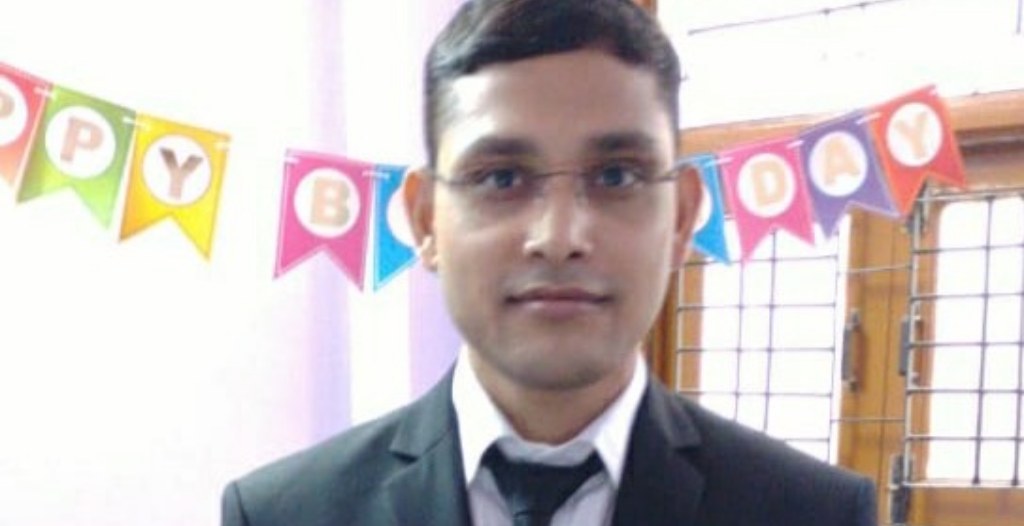
(2019)
Sujith Shankar, a candidate of 2019 UPSC exam’s dream came true when the result got released on 4th August 2020. He achieved something which is the dream of many. The 122nd all India rank in UPSC civil services exam was secured by him. Read on to get a sneak peek into his UPSC preparation journey and prepare your own strategy for cracking the UPSC civil services exam. Interview with Sujith Shankar Can you tell us something about your academic background, Sujith? Yes, sure. Up to class seven, I did my schooling from my village Jujuar, Bihar, after that, I went to Muzaffarpur and completed my class 10th. I did my 12th class from Bokaro. In 2016 I completed my B.Tech in IT from the Indian Institute of Engineering Science And Technology, Shibpur. So, you don’t have a working background? No. After my graduation got over I decided to prepare for competitive exams. So, I didn’t take up a job and chose civil service exam preparation. Which attempt was it at the UPSC civil services exam, Sujith? It was my third attempt. In my first attempt, I cleared the prelims exam and mains exam too but missed the interview round by 1 mark. In the next attempt, I cleared the prelims exam but was not sure due to wrong options marked by me so I put a hold on my preparation and hence could not prepare well for Mains. So you have opted for IAS? Yes. IAS in the first preference, second is the foreign service. As of now, I would be getting IPS with this rank being from the general category. Can you share the UPSC preparation strategies for all the three stages? For the prelims exam, it’s important that you have got a good clarity of the concept and should give a special focus on science and technology, environment, understanding the political aspect, Indian constitution. The basics of all the subjects should be clear, including geography and history. Especially for history, one has to remember all the facts. One should also focus on giving the test series. I wrote around 50 test series in the preliminary examination. You should also have knowledge about the dynamic things like blockchain etc. What about the mains exam? For mains, I will say that there is a booklet for the syllabus and one has to prepare for each topic. I had notes for each topic mentioned in the syllabus. There must be one proper write-up that covers all the dimensions because no one knows what type of question will come. Like this year in the economic paper, there were lots of strategic events. After notes, comes the practice. One has to do writing practice so one can write both good quality and quantity with a good understanding of the paper. As for different questions, there are different keywords that demand different answers. What was your strategy for practicing answer writing for UPSC? I focus more on understanding the question and then come to the answers. Answers have three parts like introduction, body, and conclusion. In the introduction, I used to define the term that is in the question. It’s good to define the keyword and if possible add the aspects of current affairs. Then the body, which I used to structure according to the keywords mentioned in the question. In the last part, the conclusion should be based on the demand for the given question. An optimistic view should be there. These are the things I followed and I used to give complete tests. Can you also share your strategy for the personality test round? In the personality test, there are few things that need to be done. One is the Detailed Analysis Form (DAF) we attach. Second is the aspect of the current affair and the third is the personal aspect like how one can communicate efficiently. One should be able to express his/ her thoughts. The answer should be brief, concise, to the point, positive. One has to be confident and the answer should be based on the asked questions. Different types of questions can be asked, for factual questions, answers should not be more than two to three lines and for analytical questions, the answers need to be a bit lengthy. If someone doesn’t know a particular answer, he/ she should have the ability to say that he/ she doesn’t know it. You have to be honest. What will be your suggestion for aspirants hailing from villages to succeed in the personality test round who doesn’t have a strong academic background? The first thing I would say is that I myself did not have that great academic score. You should be psychologically prepared. You should not be concerned about the things that you are from a village or your competitors have studied in top-notch schools. You must be confident. Even if you can’t speak fluent English, you can still get good marks in the interview. You should have the proper knowledge and be confident. What was your UPSC preparation for the current affairs part? I did not have a uniform pattern. Sometimes I used to read the newspaper, sometimes I watched the news channel. For newspapers, I followed The Times of India, The Indian Express, and The Hindu. The candidates should study smartly. They have to find out which topic is well covered in which paper and then follow that accordingly. I would suggest all the candidates read the Hindu and The Indian Express. Did you face any question which is not related to academics or a bit different than the rest of the question? I faced one from my optional subject, mathematics. I was asked to imagine that I was invited to a school to motivate the students about mathematics. So what would be my speech? The main things are you should be confident and you should have a structure ready for questions that could be asked, like- why, how, what, etc. What is your take on online portals for UPSC preparation? It has a huge impact, as candidates from villages can also get access to proper preparation guides. There are many online practice tests, study materials available that guide candidates who are not sure about what to study. It helps immensely for the current affairs section. Any motivating message for the aspirants? Stay positive and properly utilize your energy. Keep hope but sitting idle and hoping won’t help, so you have to work for it. Do something that you like and always think positive. Conclusion All India 122nd rank holder Sujith Shankar from Bihar has shared some very helpful tips from his UPSC preparation strategy. Hopefully, these will help and motivate the aspirants to prepare better and achieve a good rank in the UPSC civil services exam.
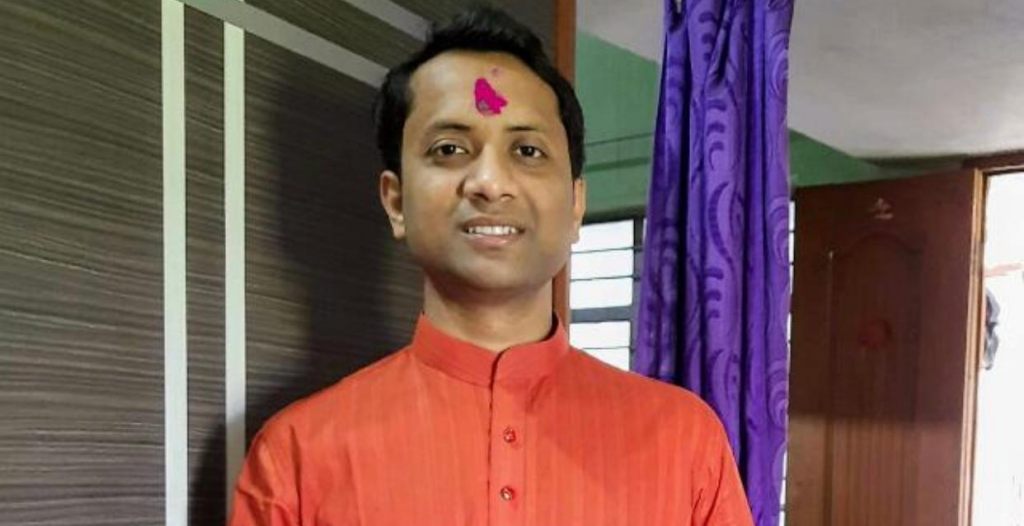
(2019)
On 4th August 2020, as the Union Public Service Commission released its result for the 2019 exam, Mr Aditya Saurabh’s dream came true. He secured 495th all India rank in the UPSC civil services exam. Here’s an inspiring interview with Mr Aditya Saurabh where he talked about his UPSC preparation journey and shared strategies that will be helpful for students aiming at the civil services exam. So let’s waste no more time and see what Mr Aditya shared. Interview with Dr Aditya Saurabh First of all, congratulations on your success in the UPSC 2019 examination. Thank you. What is your academic background, Aditya? I am from Sitamarhi, Bihar. In 2008 I cleared my class 10th examination from N.S D.A.V school with 94% marks. In 2010, I gave my class 12th exam from D.P.S Bokaro and secured 93% marks. After that, I took admission in IIT Mumbai. I pursued B. tech from 2011 to 2015. In 2015 I started working as a data analyst and continued till 2017. From there only I started preparing for the civil services exam. But later I decided to completely focus on the preparation so I left my job and devoted myself completely towards it. You were employed in a good company, so why did you suddenly take the decision of preparing for the UPSC civil services exam? It was not that sudden. This thought was there since class 10 only but I decided to complete my studies and get a good degree so that my future could be a little secure. As clearing UPSC is not a very easy task and there is no surety that one would succeed or not so before starting UPSC preparation I considered completing my studies and becoming financially stable. These days, having skilled knowledge is required for getting a proper job. So when I got a chance in IIT I decided to go for that. The skills I learnt there helped me in becoming IAS. What motivated me in taking up the UPSC preparation the most was the opportunities an IAS officer gets. Till date, no other job sector can offer as vast opportunities to a candidate as an IAS gets. Other than this, the societal standard and the scope of implementing whatever I learnt through my education were also another motivation. Aditya may I ask, which attempt was it at the civil services exam? This was my second attempt. I started in 2018 but that year I could not even clear the prelims exam. Then I started preparing for the next year and I utilised the entire year in preparing for the prelims exam, mains exam and personality test round. By the time I filled the form for the 2019 exam, all the subjects were already prepared by me including the optional. Can you share your UPSC preparation strategy for all the three steps of the civil services exam? For the prelims exam, you need to have good knowledge and a broad dimension. Topics have a different dimension for prelims and mains examination. For prelims, things are more fact and figure based and require a broader knowledge. You need to read good study material for the prelims exam. Watching Rajya sabha tv and reading the newspaper daily helped me. I referred NCERT books for topics like history, economics, polity etc because there are many questions asked from these books. Would you like to talk about your mains exam strategy? For mains, I made notes of 3 to 4 pages for each topic. I made online notes and I kept updating those whenever I got new information regarding current affairs or so. Those online notes were very much helpful. For prelims exam, notes are not much helpful as the topics are broad but for mains exam, notes play an important role. One should make dynamic notes for the mains exam. Notes should definitely be made on governance, corruption, international relations, economy etc. You should always study the original source for making notes. Once you prepare the notes, it becomes very easy to study and revise those. There are many good study resources available online. You need to search for those and study. What would you suggest to aspirants for the personality test round? Having good grammatical and theoretical knowledge is a different thing and having a well-spoken power is another thing. Aspirants who are not confident about their English spoken skills should opt for Hindi interview. The interviewers are very cordial and I don’t think that there will be any change of approach if someone goes for a Hindi interview. Aspirants who have manageable English speaking skills can go for spoken classes after mains and prepare themselves. This is not a test of your fluency but obviously, if you can speak fluently, that creates a better impression, be it in English or in any other language. The main thing is that you should be confident. Can you recall any of your interview questions in particular? As I worked as a data analyst, I was asked if I was a district magistrate and asked to file a data which can bring a good amount of funding, so how would I respond? That’s great! Aditya, can you share your strategy for practising answer writing for UPSC? Before starting answer writing practising it is necessary to have good knowledge about the topic. Take your time to read about the topic, revise it and then start practising. You should better join a test series to practice answer writing for UPSC. This helps in improving the writing speed also. You need to practice this a lot and should focus on finishing your tests within time. You need to work smartly here and get an idea beforehand about what to write in the introduction, in the conclusion etc. According to you, how helpful are online UPSC preparation portals? Especially in this pandemic situation. There are many online IAS preparation materials available like prelims test series mains exam test series etc. Presently as it’s not possible to go for offline tests, aspirants should definitely adapt to online platforms. In online preparations, there is a scheduled pattern. You only need to study as much as required for the exam. Online education has always been a good source of study and now it’s even more effective. There are fewer distractions in online education. Aspirants should go for online education for their preparation. If the actual exam is supposed to be conducted through pen and paper then candidates must practice in offline modes too. What advice would you give to the future civil services exam aspirants? You have to be very confident and keep working hard no matter even if you have failed before. You must find out the mistakes you have made and work on that. Most of the successful candidates have failed in their previous attempts so this gives you a strong message that you should never give up. Aditya, according to you one should study for how many hours a day? At the starting, you have to put in a lot of effort. You need to study for at least 10-12 hours. You can choose your preferred time. If you find it comfortable to study at night so you can follow that or else you can also study in the morning. But you must follow one schedule as changing it again and again will affect your preparation. Do social media platforms distract aspirants? What’s your take on this? Yes definitely. It develops anxiety and we unnecessarily get engaged in things which have no good impact. I think it’s better to take part in discussions going on online educational sites than taking part in social media wars. We can use the virtual world for our own benefit. Like we can get into a group of aspirants, exchange our numbers and discuss the preparation over a conference call. Conclusion This was the inspirational journey of Aditya Saurabh, the 495th all India rank holder in the UPSC civil services exam 2019. He has shared many important tips in his interview and also shared his UPSC preparation strategy which will definitely help many aspirants. So stay motivated and keep preparing hard. Best of luck!
.jpg)
(2019)
Pari Bishnoi, a 2019 UPSC civil services exam candidate saw her dream come true on 4th August 2020 with the release of 2019 UPSC result as she secured the 30th all India rank in the exam. She was among those lakhs of aspirants appearing for the civil services exam with a dream of achieving a great rank. Pari Bishnoi UPSC 2019 30th rank holder belongs from Ajmer, Rajasthan, Pari’s mother, GRP Thana Adhikari Sushila Bishnoi is in the police service for 25 years. Pari Bishnoi IAS completed her schooling from St. Mary’s Convent and then shifted to Delhi University for higher studies. Her preparation journey for the UPSC civil services exam started from there. Interview with Pari Bishnoi UPSC 2019 30th Rank Holder First of all, congratulations on your great achievement in the UPSC civil services exam. Was it the first time that you appeared for the exam? It was my third attempt in the civil services exam. When I appeared for the first time, I didn’t even clear the prelims exam. The second time was a bit better than the first time. In my second attempt, I cleared the mains examination and reached the personality test round. And now, finally, in my third attempt, I am able to achieve what I wanted for so long. That’s great! May I ask what was your optional subject? I chose Polity as my optional subject. Are you the only person in your family who has made it through the civil services exam? I have a sister, Palak. She is also into UPSC preparations and working very hard. Though she could not make it this year, she will definitely be able to achieve her dream in the coming years. Pari Bishnoi IAS As already mentioned in the interview, UPSC 2019 was the third attempt of Pari Bishnoi IAS. She met failure twice before tasting this success. She had her family to encourage her when she got depressed due to her previous failed attempts in the UPSC civil services exam. Pari Bishnoi, the 30th rank holder in UPSC 2019 believes that aspirants should not be afraid of failing and should keep on pursuing their goal. UPSC 2019 Top 30 Result Highlight Serial Number Roll Number Candidate’s Name 1 6303184 PRADEEP SINGH 2 0834194 JATIN KISHORE 3 6417779 PRATIBHA VERMA 4 0848747 HIMANSHU JAIN 5 0307126 JEYDEV C S 6 5917556 VISHAKHA YADAV 7 4001533 GANESH KUMAR BASKAR 8 0418937 ABHISHEK SARAF 9 6303354 RAVI JAIN 10 0712529 SANJITA MOHAPATRA 11 5813443 NUPUR GOEL 12 0214364 AJAY JAIN 13 0631338 RAUNAK AGARWAL 14 0405090 ANMOL JAIN 15 0515674 BHOSLE NEHA PRAKASH 16 6419694 GUNJAN SINGH 17 0876541 SWATI SHARMA 18 0833281 LAVISH ORDIA 19 0830832 SHRESTHA ANUPAM 20 5806038 NEHA BANERJEE 21 0870407 PRATYUSH PANDEY 22 6622267 PATKI MANDAR JAYANTRAO 23 6301851 NIDHI BANSAL 24 0825069 ABHISHEK JAIN 25 0850640 SHUBHAM AGGARWAL 26 6401083 PRADEEP SINGH 27 0867471 HIMANSHU GUPTA 28 0867400 CHANDRAJYOTI SINGH 29 0841628 MAYANK MITTAL 30 7111209 PARI BISHNOI Conclusion Hopefully, this article on the success story of Pari Bishnoi IAS will motivate students for UPSC preparation. As this success story, there are other success stories too which will inspire UPSC civil services exam aspirants. It seems that these days, many successful UPSC candidates prefer to go by online resources for their UPSC preparation. How are you planning to prepare? Do share your thoughts with us by commenting in the box below.
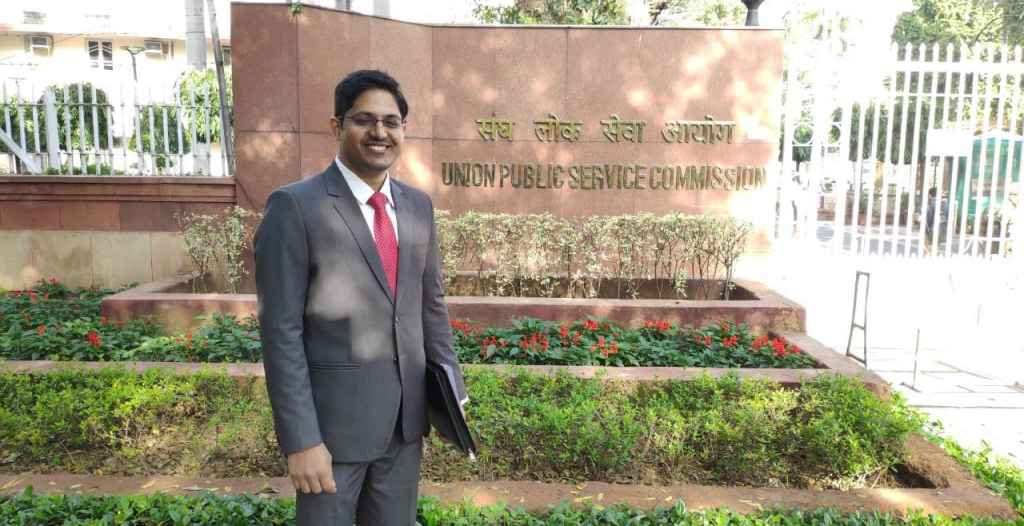
(2019)
Dr Rahul Rathod, who appeared in the UPSC civil services exam 2019 has secured 745th all India rank. On 4th August 2020, the Union Public Service Commission released its result and that was the moment when Dr Rathod’s dream came true. Dr Rahul has shared some of his experiences from the UPSC preparation journey which will help the aspirants of civil services exam to a great extent. Let’s uncover the interview session now. Interview with Dr Rahul Rathod What is your background, Rahul? I did my MBBS in 2012 which I joined in 2006. For UPSC, I was mostly doing self-preparation only and also used online resources. My friend, Mahesh and I were preparing for the UPSC civil services exam. I found that every student who is into UPSC preparation, should study for a minimum of 8 hours every day without fail and I think that will be enough if you have the consistency. It is very important for UPSC preparation. Why did you choose the civil services exam? Civil services, in the name itself, is the service which will give you the opportunity to serve the people and also get paid for it. You can call it an occasion where you are doing service while doing your own job. So this is like a rare opportunity for anyone and it gives you a combination of financial security, name, home and societal standing. Which attempt was it at the civil services exam, Rahul? I got selected into my defence service in my second attempt after that this is my seventh attempt. After getting married and all, finally, in my seventh attempt, I could clear it by doing all the possible mistakes mentioned in the book. How did you prepare for the prelims exam? Can you give an insight into that? Yes, for prelims exam, I was mostly doing the test series on a regular basis. Having knowledge is one thing and being able to revise is another one. I think, for both the prelims and mains exam, revision is very important. For the prelims exam especially, having a good hold over current affairs is very important. Along with that, having a standard theory on polity, history is also necessary. But, what is most important for UPSC preparation is revision. So, I was practising question papers more and it helped me every time. I have given four prelim exams before, and each time I could clear mostly because of the revision. I think a revision of question papers and doing the test series is very very important. So, how did you prepare for your mains exam? Is there any difference between UPSC prelims and mains exam preparation? The difference is that in the prelims exam you are focussing on mostly the memory-based questions and for the mains exam it’s more about the conceptual clarity you have. I think for the prelims exam you need to study more than the mains exam because, for the first one, you must have conceptual clarity along with good memory while for the mains exam, you should be able to answer if you have conceptual clarity. For the mains exam, I think it’s a long term preparation as you need to start UPSC preparation at least one year before your attempt. You need to have notes for each topic from newspapers, current updates etc. For the prelims exam, you can brush it for 2 months but for mains, everything you have learnt since your 12th, helps. Case studies are also very important as nowadays the game is changing. It’s not knowing the answer but quoting the case study is what fetching the marks. It is also necessary to be able to draw a map of India and the world within 10 seconds for a better representation. The key is to express your thoughts rather than just writing those down. That’s great! Can we have a word about your personality test? You have attended four interviews, so, how was the journey? For personality tests, it’s mostly like preparing for the mains exam but here the language and your expressing ability along with your honesty matter. It’s not like you should answer each and every question. You can find that every time whoever gets good interview scores has missed three or four questions but still got good marks. It’s purely based on your honesty and the clarity of your thought as the interviewer checks your character and personality, whether you are able to express clearly or not. Your language should be simple. By speaking simple English you can clear the personality test but your honesty and clarity of thought have important roles to play. With loads of sources available, how did you manage the current affairs section? What I learnt from the mistakes I made is that you should not keep reading more sources for gathering more and more data. It’s always better to stick on limited data. If you want to read a magazine, Yojana or Kurukshetra will be enough. For any more sources, you can always use the internet, find out the thing and write those in your notes. Mostly you should focus on complete revision and I think that is the key. In each paper in GS, you have to prepare answers for 16 questions out of 20 to 25 questions. You should focus on your answer and prepare what to write if questions come from certain topics. You should focus on the notes in your book and prepare for the direct 16 questions. You should focus on revising your current affairs notes for 3 to 4 times rather than looking for new sources of information. It’s better not to study if you are not able to revise. May I ask how you practised? What is the best method to practice answer writing for UPSC? For answer writing, creativity matters more than length. Whether you are drawing or making octagonal shapes, how well you express is what matters. The important points and the introduction should not be more than two to three lines. People have a tendency to use half of the page to introduce the answer while they ignore the asked points. Point answers are very important. You need not quote if you’ve forgotten the data but you have to express your thoughts whether through a diagram or a chart or arrows or direct point. You can write point-wise and not sentences sometimes because of less time. It’s better to express in points rather than making a sentence that will take a lot of your time. As we are talking about answer writing for the mains exam, what’s your say about using multicolour pens/ underlining/ highlighting? UPSC has given clear guidelines to not change your pens. They are also giving minus marks to candidates who are crossing the lines, using red pens or multiple pens. Multicoloured pens are not allowed and candidates can underline but need not highlight that. UPSC strictly prohibits that kind of behaviour. As UPSC preparation has changed and now with so many online sources, do you think that these will help in the civil services exam preparation? I myself prepared through online sources and it’s very very important and will help you. Now, the UPSC students are not only working hard but the online coaching centres too for providing the data and the structured answers for the preparation. I personally feel that it’s better to follow one single source and ask them to upload something you need than deviating here and there for data gathering. Focus on revision and on understanding things rather than gathering the data. Multiple sources are important but not necessary for everything, you need not study from three or four sources for each and everything. Stick to one source, mainly government sources and anyone good coaching institute, that will be sufficient. That’s great Rahul and finally, what advice would you give to the future civil services exam aspirants? You already know that through our life and our experiences, there is no shortcut in UPSC whether you realize it today or you realise it after 2 or 3 years. Each and every attempt is fresh, so if you’re giving an attempt don’t consider that you have studied 2 years back so you have some knowledge and you will relax this time, it won’t help. You should prepare as a fresher and always be ready to accept your mistakes. Be ready to study minimum 6 to 8 hours every day, something that you cannot skip. And, self-confidence is very very important and the belief that you can do is the only thing which will drive you. UPSC is not only academic but also emotional. We enter the preparation after graduation, so everybody is an adult having many future plans, family pressure, societal pressure. So, to handle all these, emotional stability is also very very important for UPSC preparations. Conclusion This was the inspirational journey of Dr Rahul Rathod, who secured the all India 745th rank in the UPSC civil services exam 2019. Hopefully, this interview will guide and motivate you to stay focused throughout your UPSC preparation journey as you can see that this was Dr Rahul’s seventh attempt and now he has finally got what he wanted. So, never lose hope and keep preparing harder for the exam. Best of luck!
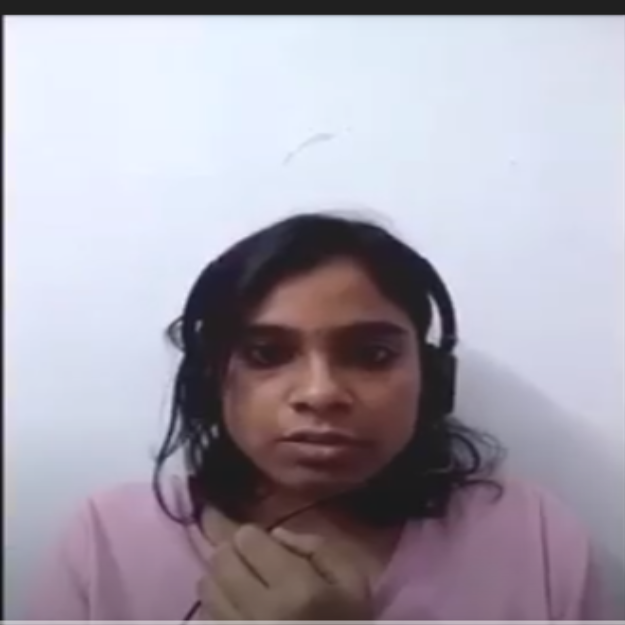
(2019)
Varsha is full of praises for UPSC Pathshala. She believes that her study plan got a new direction after joining UPSC Pathshala. Varsha says, “Before I was preparing for UPSC but there was no direction, it was like I didn’t have any plan for that. After using UPSC Pathshala, they give me a study plan which I should go according. So I got a proper schedule to study and I can also manage my other studies with that, so this is how it is helping me.” When asked about what she likes the most about this online UPSC preparation portal, she says, “The mentor is, like the mentor can directly concentrate on you. Rather than in classes where there are so many students where there is no concentration on a single student. So in this UPSC Pathshala, you can have a direct one to one contact. So this is the best thing about this.” A satisfied Varsha excitedly shares that she will definitely recommend this online portal to everyone whoever is thinking about cracking UPSC.
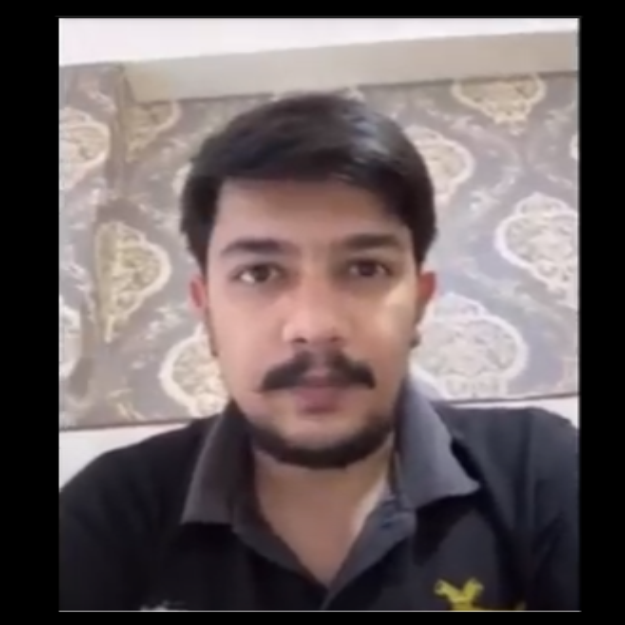
(2019)
Bharat, a student of UPSC Pathshala is overwhelmed with the online UPSC preparation portal. He finds this platform a great interactive one. He says, “UPSC Pathshala is a great interactive platform. Especially for working professionals who don’t have time to attend physical classes.” Bharat is very happy with the mentorship he got. He adds, “UPSC Pathshala provides best interaction with the mentors and each student will be assigned with the individual mentor who guides like which books to study, what all books to study and how to study. And he will even correct you with all your mistakes and all so this will have a complete package like stuff. So it will be very helpful for working professionals especially.” Bharat explains, “Actually I enrolled for the one to one coaching, that is every student will be assigned for a single mentor wherein they will be having weekly classes and discussions and will be doing the answer writing and they will be correcting it.” On asking his take on this online UPSC preparation portal, he says, “I definitely recommend UPSC Pathshala because this kind of platform, it is very rare.”
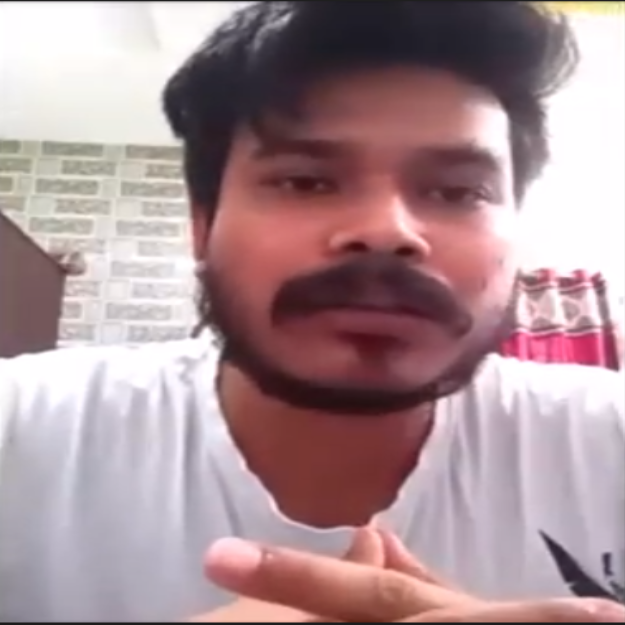
(2019)
Meet Chandan, a student of UPSC Pathshala for the last two and a half months. Chandan already feels great about the mentorship program in such a short period of time. When asked about what he likes the best, he says, “The mentorship program I like the most.” Chandan also finds the study material to be helpful for his UPSC preparation journey.
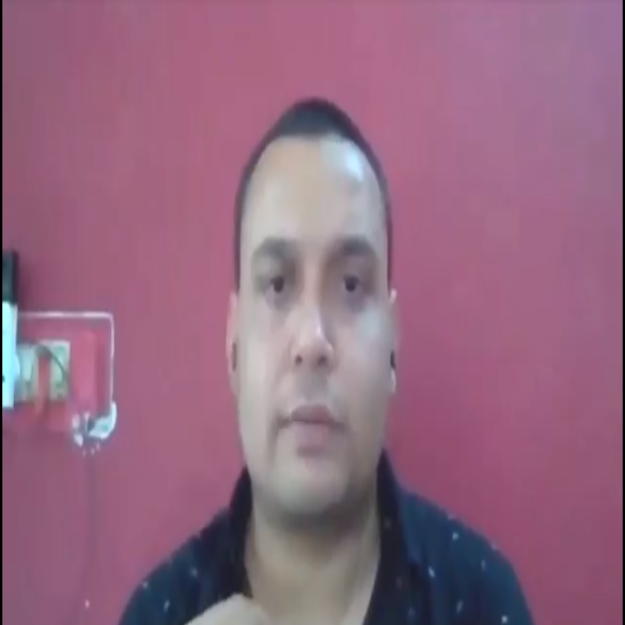
(2019)
Mohammad Abdullah, a student of UPSC Pathshala is full of praises for this online UPSC preparation portal. He says that he is very satisfied with the skill development program offered in the course. He believes that this program has helped him in understanding the question, writing better answers in different ways. Mohammad says, “it gave me clarity on how to attempt the answers.”
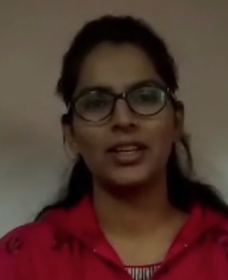
(2019)
Before joining UPSC Pathshala, Padma was unsure of how to direct her preparation. She looked at many offline and online classes and finally settled with UPSC Pathshala.
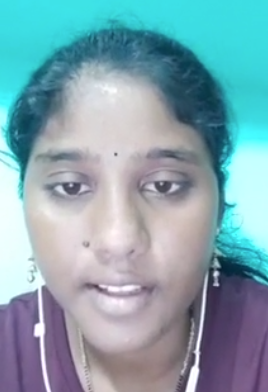
(2019)
Darsi Roja is 3rd year B.Tech student who joined UPSC Pathshala recently. Her main concern was to understand the exam pattern and prepare accordingly.
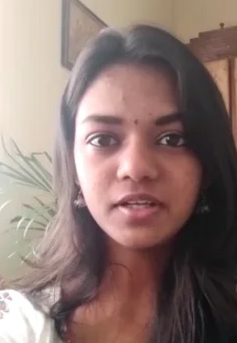
(2019)
Meet Ramyashree, a private sector employee who dreams to become a civil servant. Ramyashree joined UPSC Pathshala to prepare for UPSC in her own free time.

(2019)
Time management is Parvathy 's biggest issue and after joining UPSC Pathshala she is balancing both her college education and UPSC preparation effectively.
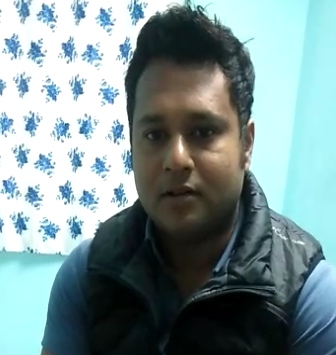
(2019)
The mentorship program is something that Mrinmoy finds adaptive and very helpful. This particular aspect of UPSC Pathshala is admired by everybody.
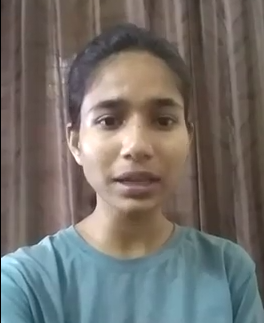
(2019)
Like thousand other, she too likes our personal mentor, who not only guides her, creates her study plan, evaluates her answer and gives feedback but also is someone who is always there to support her and solve all her UPSC related problem.
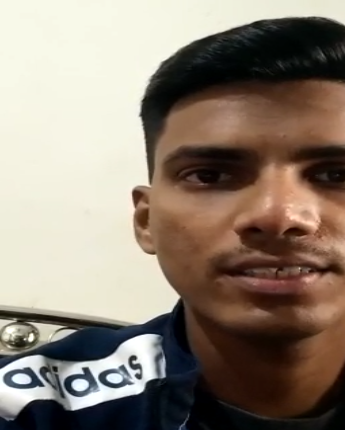
(2019)
Tushar is a working professional and as such it was necessary for him to join a tutorial that is flexible and where he can learn in his own time.
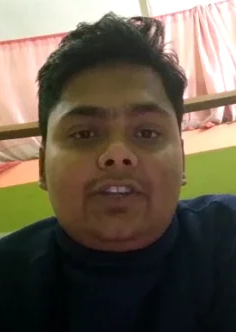
(2019)
A working professional, who finds offline coaching impossible to attend, Prasanta chose UPSC Pathshala and finds it the best place to get trained for UPSC.

(2019)
Saharsh enrolled into the UPSC Pathshala inception course back in January 2019. He finds the course helpful because of its flexibility and great content. According to him, half of his doubts are cleared in the video lectures itself.
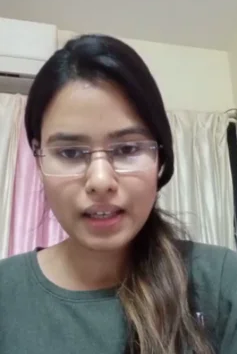
(2019)
Purvi joined UPSC Pathshala after going through the sample videos. She finds the course helpful because of the various recorded videos on different subjects that gives the student the liberty to watch any time.

(2019)
General Knowledge plays a very important role in UPSC test prep. Shadiya, who is a working professional finds it difficult to be regular and to keep up with the daily quest of current affairs. With mentors assigned to every individual and a study plan set for the day, UPSC Pathshala tracks the progress of every student.
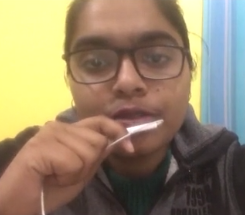
(2019)
Astha is enrolled in the 1 year inception program. Being a resident of Prayagraj, her options of UPSC coaching classes were limited. UPSC Pathshala topped the list when she was searching for the best online coaching for UPSC examinations.
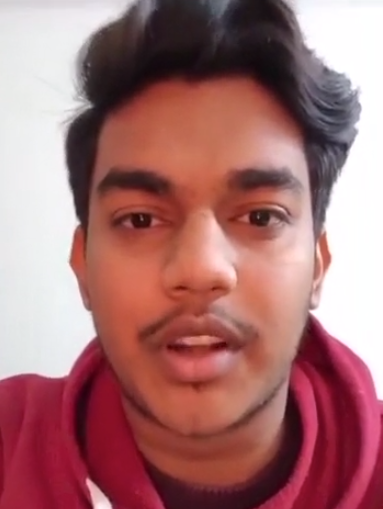
(2019)
Being a student from Delhi, he had a plethora of coaching classes alternatives to choose from. He believes with articulate concept videos and a dedicated mentorship program, UPSC Pathshala considerably stands out.
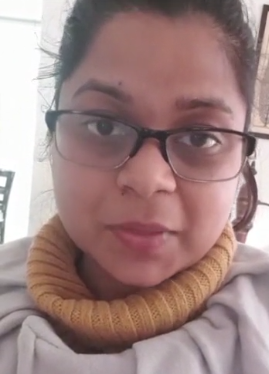
(2019)
For Apoorva Gupta, congested classes filled with students increased her test prep problems.
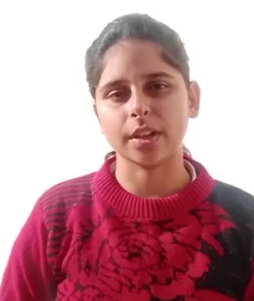
(2019)
The Personal Mentorship program has proved to be UPSC Pathshala’s USP in preparing students for the challenging civil service examinations. It has left a positive impact on Manisha

(2019)
Back home, where preparing for UPSC is a trend, she was often confused about the resources she could refer to. Coming across a Facebook advertisement of UPSC Pathshala, she knew she had come to the right place.
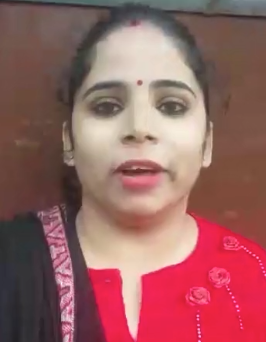
(2019)
Amita, who is a mother to a five year old, finds relocating to another city extremely difficult. She has been preparing for UPSC for over a year and wanted an affordable yet effective solution to her problems.
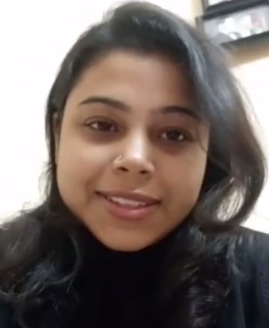
(2019)
The presence of diverse and copious material both offline and online, makes preparing for UPSC a daunting task for aspirants. Priyanka is a full time UPSC aspirant and finds UPSC Pathshala to be reliable and most effective for her test prep.
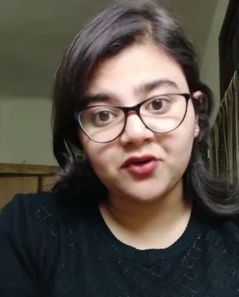
(2019)
Rashmi started and continued her foundation course preparation at her own comfort with UPSC Pathshala standing alongside her.
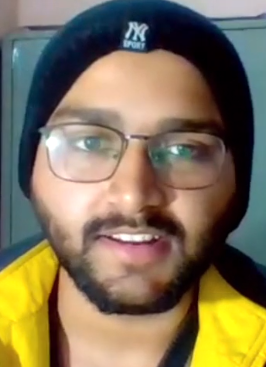
(2019)
Arsh Mahajan wanted a one stop solution that saves him time and gives a directed approach to his test prep. He got to know about UPSC Pathshala while surfing the internet and believes it is a great platform to explore and define self potential in a guided manner.
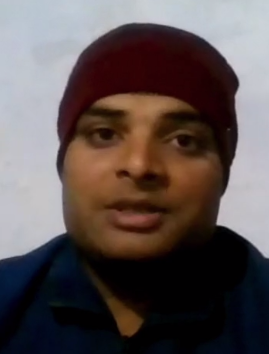
(2019)
To prepare for an exam as diverse as UPSC can be especially challenging for the individuals who are working. At UPSC Pathshala, the course is designed to be flexible, suited as per the needs of the aspirant.
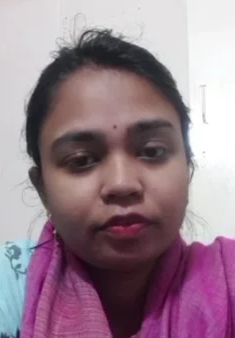
(2019)
Behind every successful attempt is a structured plan that worked well. Pratibha has been preparing with UPSC Pathshala for a month, and the structure of our program has brought a positive difference to her preparation.
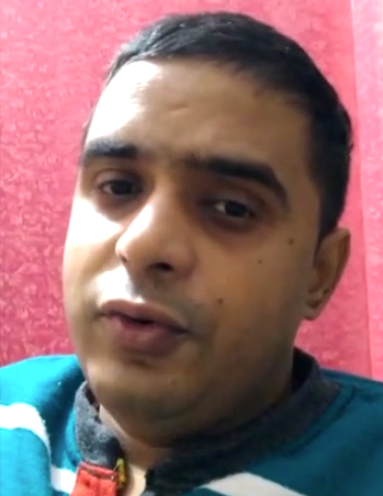
(2019)
While searching for the best online coaching classes for UPSC, Ashutosh came across UPSC Pathshala in the top list.
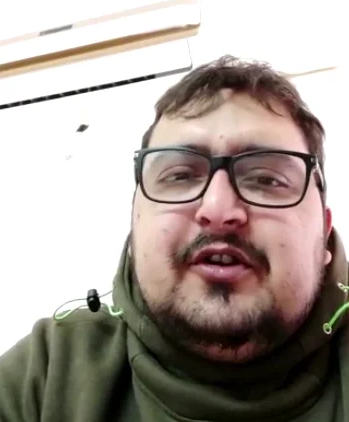
(2019)
As per Akash, the team at UPSC Pathshala knows what this exam wants from any aspirant and they guide accordingly.
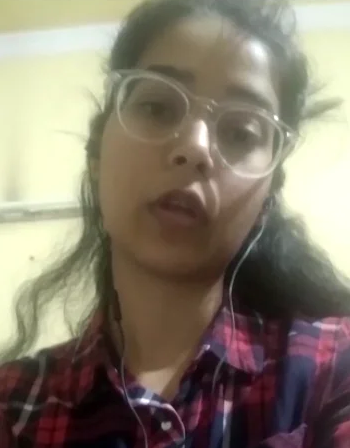
(2019)
Upasana always wanted a personal mentor alongside her for right guidance during preparation. She got that all with the dedicated UPSC Pathshala team.
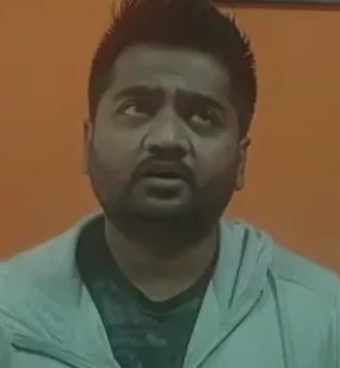
(2019)
Mahesh while doing his IT job always wanted a platform where he could start his preparation at his own comfort and choice without wasting time on travelling
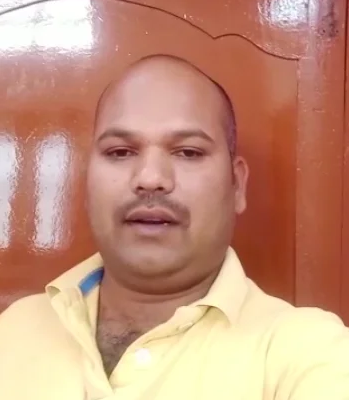
(2019)
UPSC Pathshala is helping him understand the requirements of this exam and the approach to be followed. He is now able to organise his studies well and proceed in the right direction.
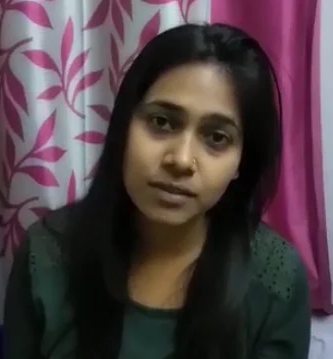
(2019)
Sukriti looked for various platforms online but she was moved by the personal mentorship feature of UPSC Pathshala.
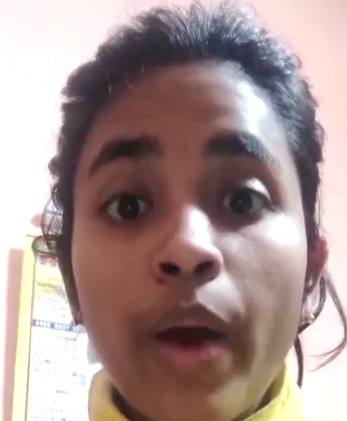
(2019)
Rimi is very thankful for the personal mentorship program as she never feels alone during her preparation.
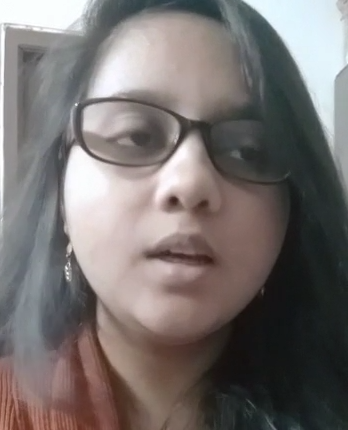
(2019)
UPSC Pathshala helped her solve the problem by providing pre recorded lectures with flexible access.
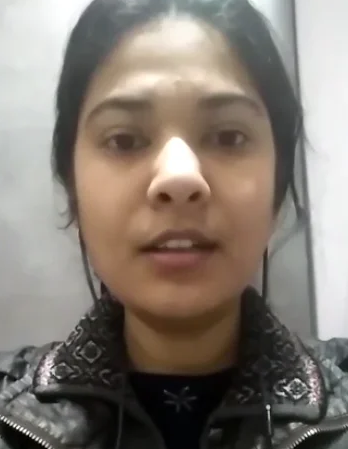
(2019)
With the personal mentorship and daily current affairs session, continuity is ensured in Himanshi’s preparation.
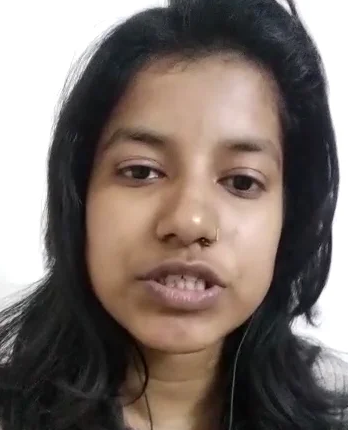
(2019)
One to One Mentorship Program and Pre-recorded Video Sessions were the two most important features of UPSC Pathshala for Sunidhi.
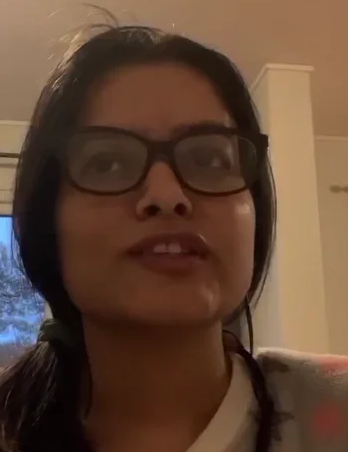
(2019)
Jyoti wanted to start her preparation from scratch and also wanted to manage her time efficiently. She got the balance at UPSC Pathshala.
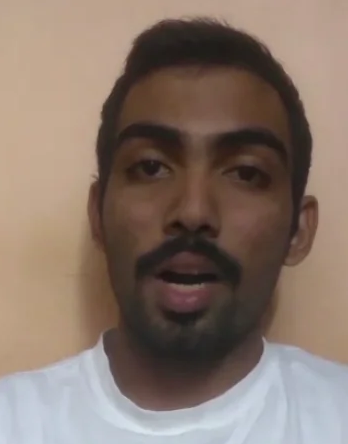
(2019)
If you are from a remote area and do not know how to start your preparation, then UPSC Pathshala is always there for you.
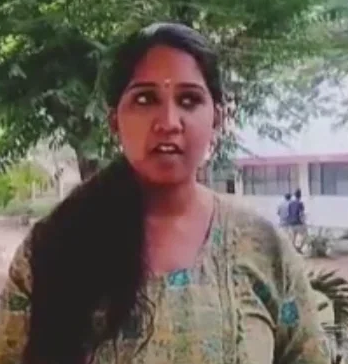
(2019)
At UPSC Pathshala, time management is of utmost importance and with a dedicated team, we instil confidence in students like Janani D.
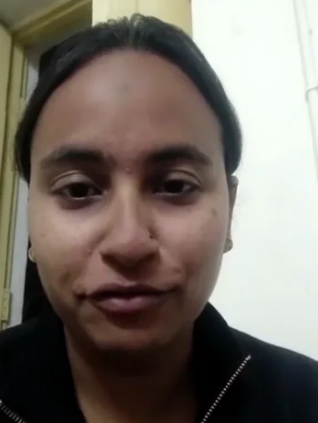
(2019)
The flexible timing facility makes the aspirants devote their time as per their personal routine.
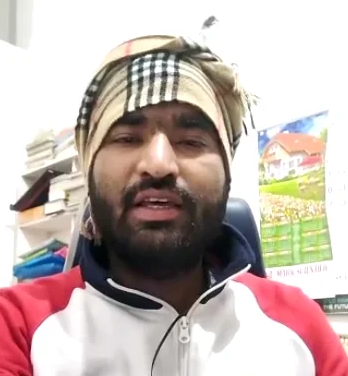
(2019)
Veer found it very easy to get his doubts cleared with a personal mentor at his hands round the clock.
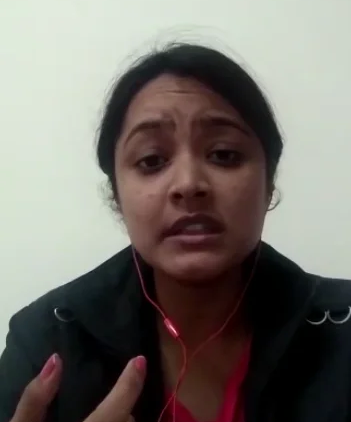
(2019)
When Suneha’s brother recommended her to join UPSC Pathshala by watching Atul Sir’s video, she didn’t know her experience would be that cherishing.
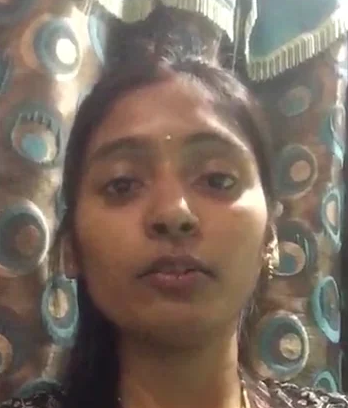
(2019)
If someone says being from science background is a disadvantage in UPSC preparation, then Sandhya outrightly rejects that belief.
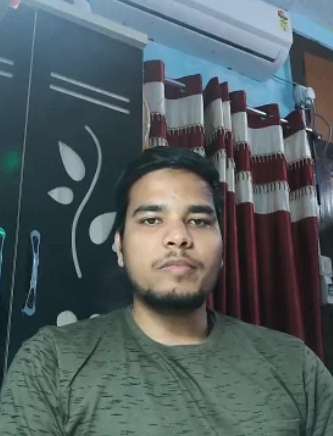
(2019)
Chandan is a working professional who thinks only hard word doesn’t lead you to success. Proper guidance and direction towards your goal is what makes you successful in the field you wish for.

(2019)
Manish has been training with UPSC Pathshala for 2 months and now he is confident enough to sit for the Prelims that is scheduled after 5 months.
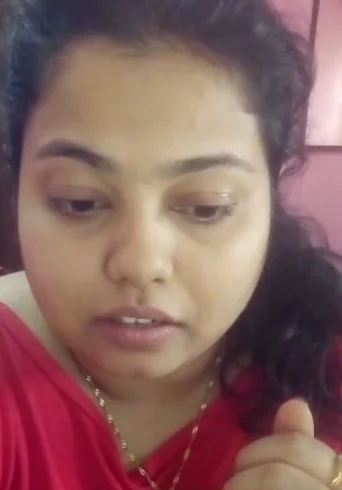
(2019)
After a year of futile coaching in various online classes, Monika chose UPSC Pathshala. Initially she was skeptical about UPSC Pathshala as well, but her leap of faith was well rewarded.
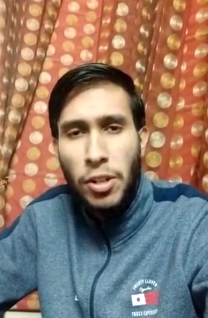
(2019)
A working professional who doesn’t have time for tutorials thinks UPSC Pathshala is a boon to people like him.
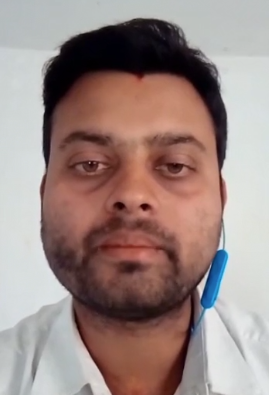
(2019)
Here’s an experience of Rameshwar who enrolled with UPSC Pathshala after researching online for Best UPSC Course online.

(2019)
Here’s what Ramya had to say about her experience with UPSC Pathshala and how she is planning to crack her Prelims this year.
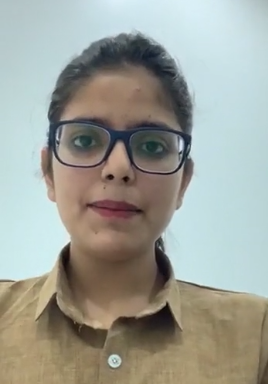
(2019)
Before enrolling with us, she did a lot of research for online course; everything led her to just one destination – UPSC Pathshala.
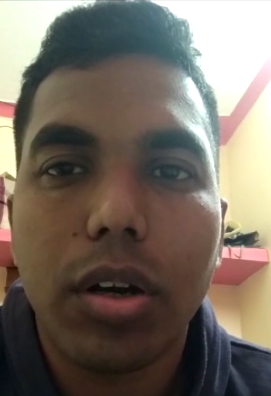
(2019)
Mauyakh is planning to clear both UPSC Prelims and Mains in the very first attempt. Listen to what he has to say about his journey to crack India’s toughest exam.
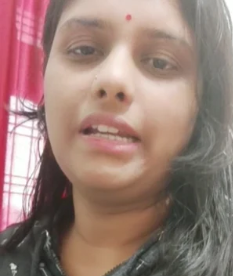
(2019)
We salute Priyanka’s spirit to fulfill her dream even after becoming a Mother. She very finely manages the role of a mother while still preparing for UPSC from home.
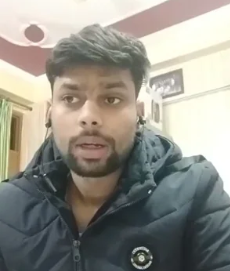
(2019)
Piyush started our course last month and he is very positive that he will clear UPSC this year.
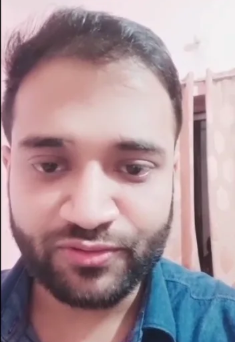
(2019)
Preparing for civil service exam is a long-term commitment and having a mentor who always keeps your zeal up and motivates you is the advantage aspirants never want to miss.
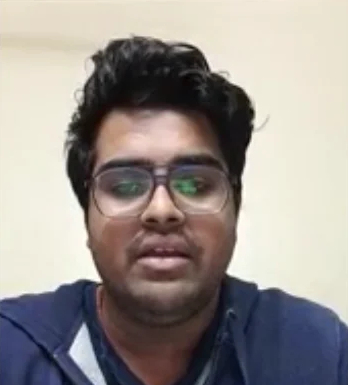
(2019)
Ketan advices all the aspirants to start early for the course so that they get more time to prepare for Mains as well.

(2019)
Jay Bhaskar, a student who is passionate to write the Civil Service exam and hope to crack it with good rank.
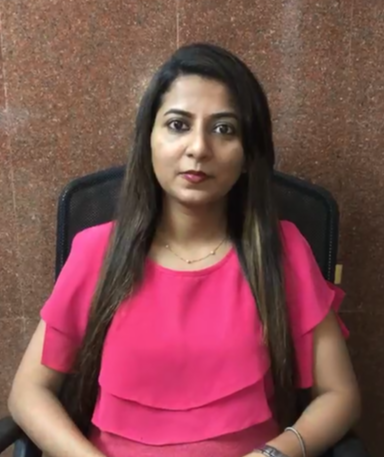
(2019)
I am glad I enrolled in UPSC Pathshala. I can now prepare for UPSC without disturbing my work schedule. Special thanks to my Mentor and Atul Sir.
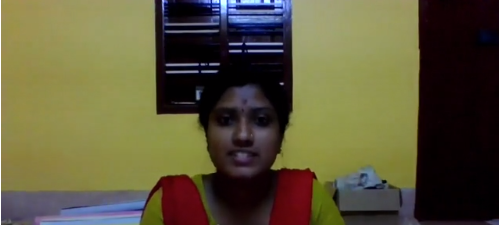
(2019)
Papitha, a BSc Architecture student talks about how after enrolling with UPSC Pathshala she transformed her personality and her confidence boosted.
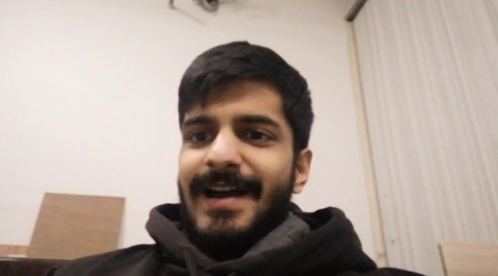
(2019)
Here’s a Story of Divij, a student who is busy in his internship alongside preparing for UPSC.
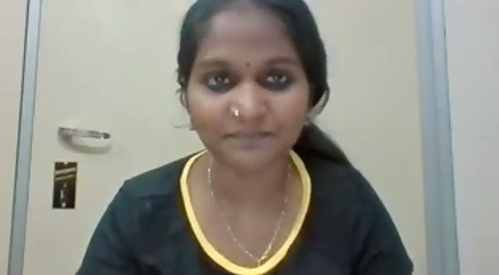
(2019)
UPSC Pathshala Mentorship Program is the best thing I came across. I am sure I can crack the UPSC exam only if I put extra effort into my preparation.
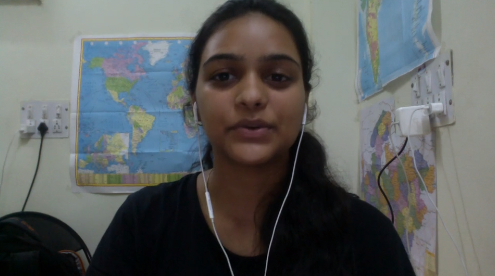
(2019)
Classroom coaching for UPSC was not possible as I am studying and it will affect my college lectures. And for me, both are equally important.
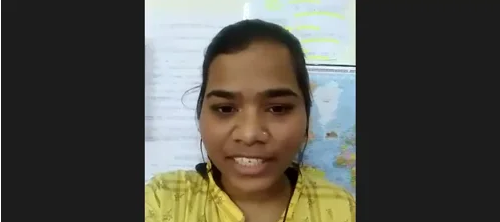
(Maharashtra, 2019)
She was searching for an online class so that she can save her time and focus more on preparing for UPSC.

(Bihar, 2019)
I took UPSC Pathshala’s Demo class and I was very happy. I can see the standards are really high and the price is very reasonable. The best part is video lectures, which no offline class gives it.
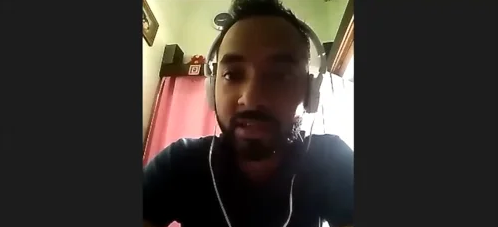
(Banglore, 2019)
I am now confident that I can appear for UPSC. I will try to crack UPSC in the first attempt itself.
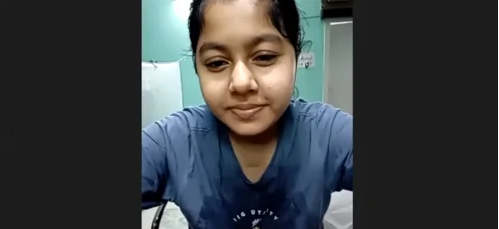
(Bhagalpur, 2019)
I opted for a Free Demo class and was convinced by the quality of lectures.

(Bihar, 2019)
So I searched for online classes which gives me the Delhi teaching standard yet is pocket-friendly for me. I am fortunate to have found UPSC Pathshala.
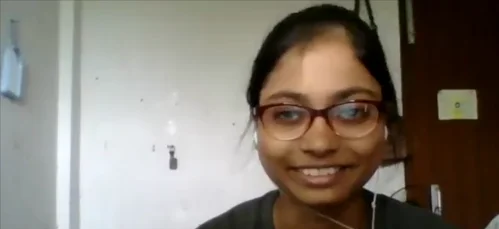
(Odisha, 2019)
I can say that I have transformed as a person under the guidance of my mentor. I was never a good reader, so I had practically no knowledge of the current affairs. But with UPSC Pathshala, I am updated with current affairs and have also developed the habit of reading.
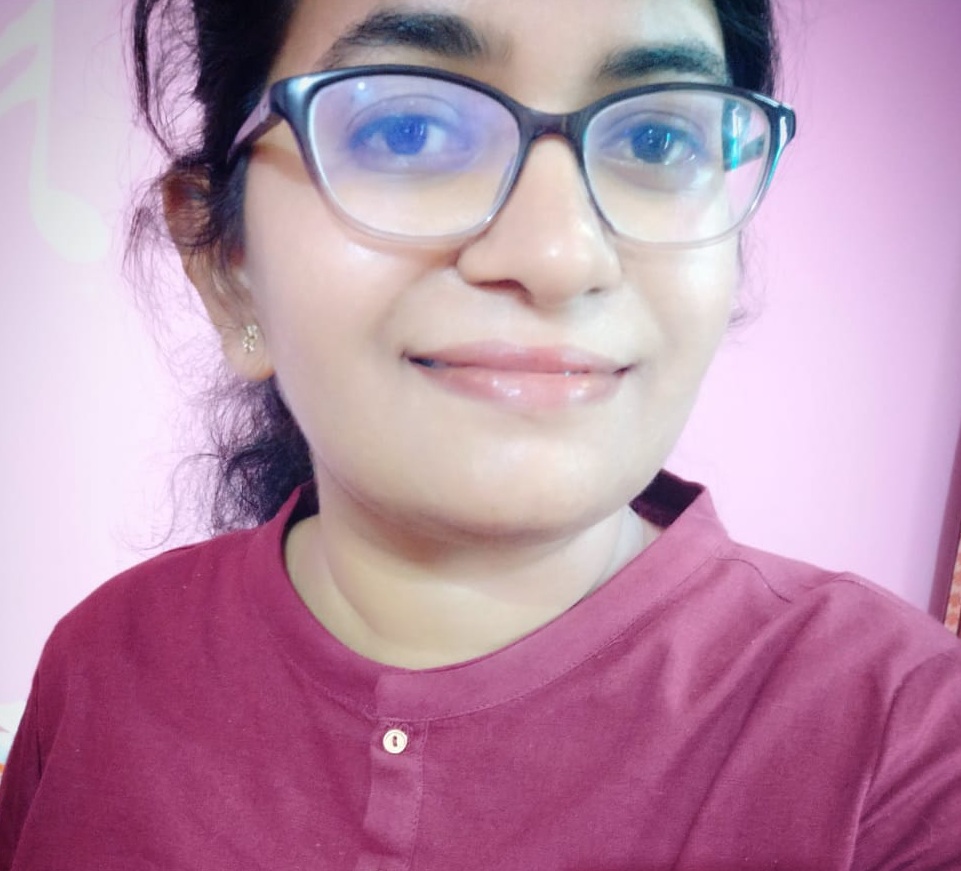
(Ambala, 2019)
Any material, any book or any random source on the internet that I am reading, if I can’t revise that in the last 2 months, then it is a waste and I should not be reading it. As far as covering the syllabus was concerned, I decided to cover as broadly as I could and at the same time I would organize it so well and make such concise notes that I would be able to revise everything in the last two months.
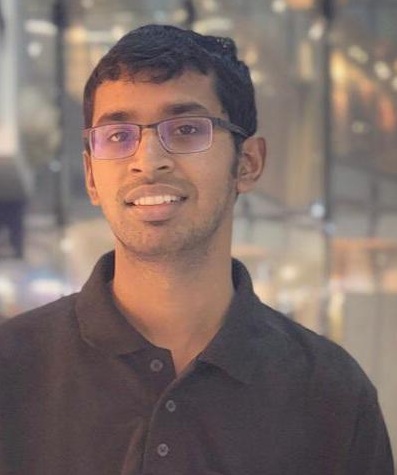
(Gaziabad, 2019)
If you have the right guidance, sometimes these mistakes can be avoided. That is why we see that people who have better guidance clear the exam in their first attempt. So guidance helps.
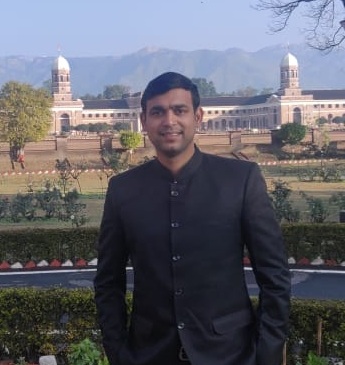
(Udaipur, 2019)
Answer writing practice is 80% of the preparation according to me. Because it helps you habituate yourself to think within a limited time. You will also get to know what speed you should be writing at right from the beginning
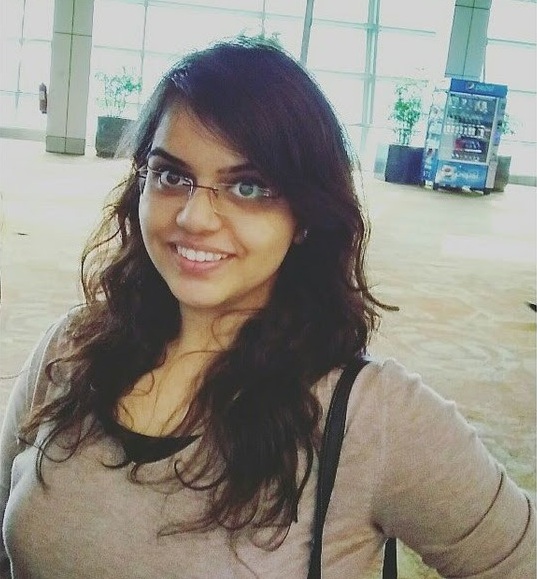
(Delhi, 2019)
Even though I was in Delhi I never went near Karolbagh, Mukherjee Nagar. I was at home the entire time because Karolbagh gives me the chills. You cannot survive the kind of pressure. It isn’t mandatory for anyone to be living there.
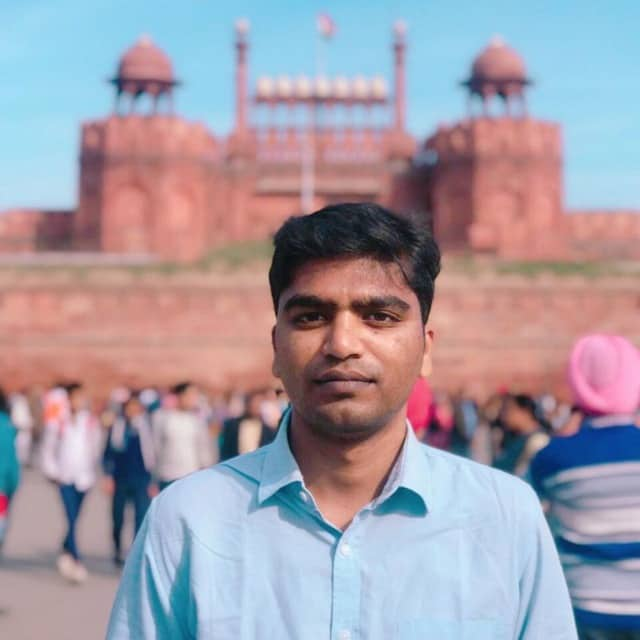
(Buxar, 2019)
It is not impossible for a working professional to crack this exam, if they are focused. They have to take it as a well planned strategy, they must know how they have to study, if they do, they can do it.
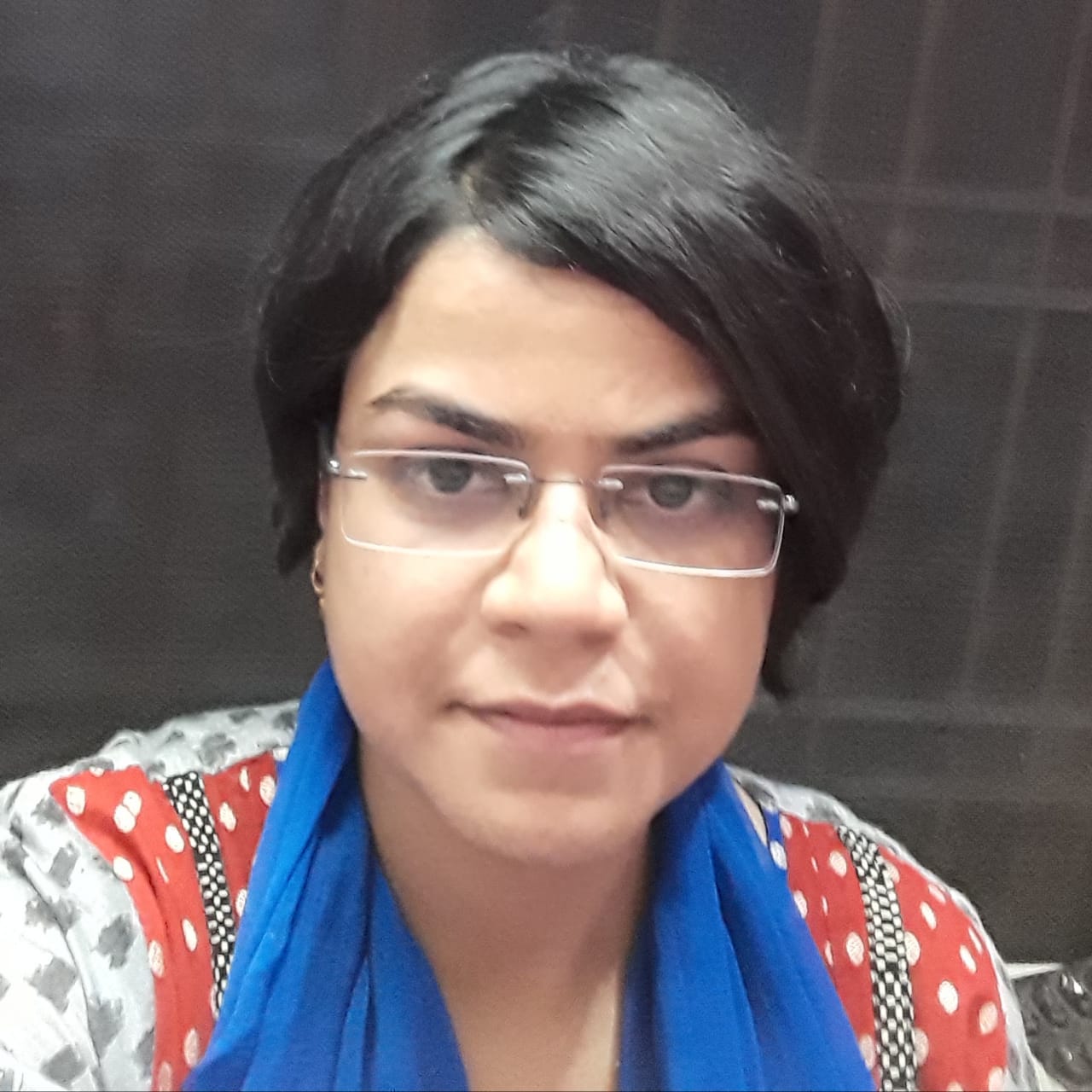
(Jaipur, 2019)
I think anyone from anywhere can crack this exam. Nowadays there are ample resources available online. There are interviews from toppers. So their strategies are widely available online. So anyone can use those and start their UPSC preparation. So they can get the material anywhere online and they don’t have to come to Delhi and suffer the harsh weather here.

(Delhi, 2019)
Developing critical thinking is the most important part because we can improve not only our planning but also our strategy. The most important part is self evaluation.
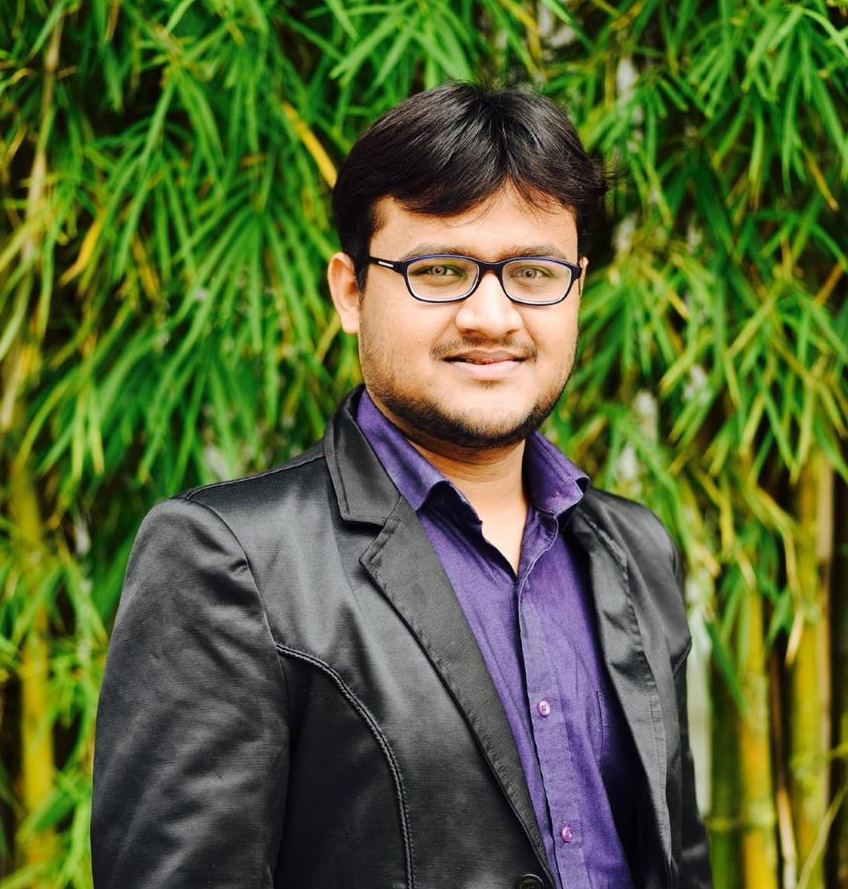
(Delhi, 2019)
UPSC preparation is certainly a life changing event. It attacks your preconceived notions at the very roots. UPSC preparation broadens a person’s view about his country, society etc. It will definitely make you a great orator who can talk on views of current importance in friends, family circle.
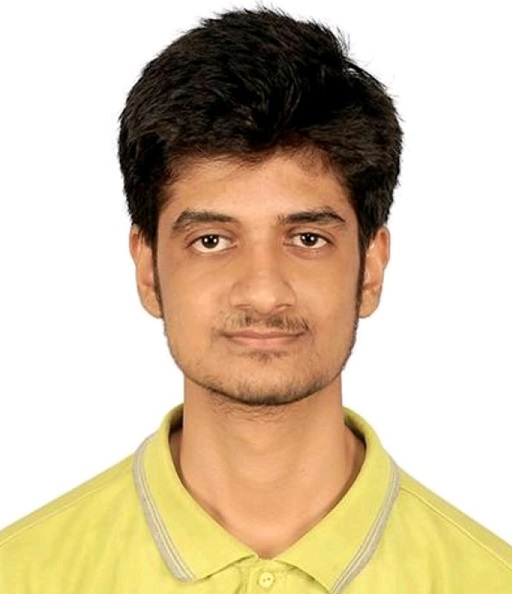
(Hyderabad, 2019)
I came to know about UPSC Pathshala by online referring for the best UPSC online coaching. One of the searches landed me to the UPSC Pathshala page. I watched the sample videos, the test papers provided, their methodology of teaching to their students, understood the reasons why online coaching is better than the offline one and I was pretty much convinced which further let me to sign in.
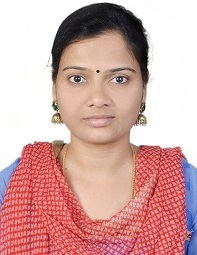
(Vijaywada, 2019)
I have had a great experience with UPSC Pathshala. Their optional course is very good. The conceptual clarity provided is great. I never thought Geomorphology can be so easy to understand. Akshay Sir gives very easy and relevant examples.
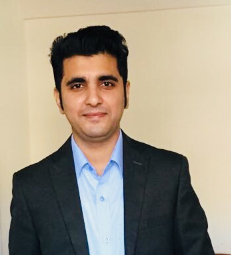
(Ambala, 2019)
Kanav Gupta chose Geography as an optional with Pathshala and is very happy about it
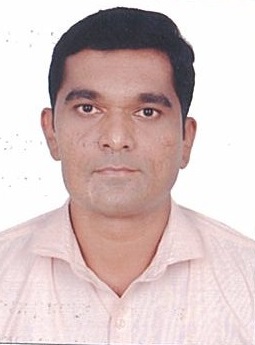
(Nagpur, 2019)
The mentorship offered is the main USP of Pathshala. Nidhi madam who is my mentor is always very helpful, she cleared my doubts as and when required, she regularly gives me tasks and also scolds me if I don’t complete them. She is very meticulous about current affairs.
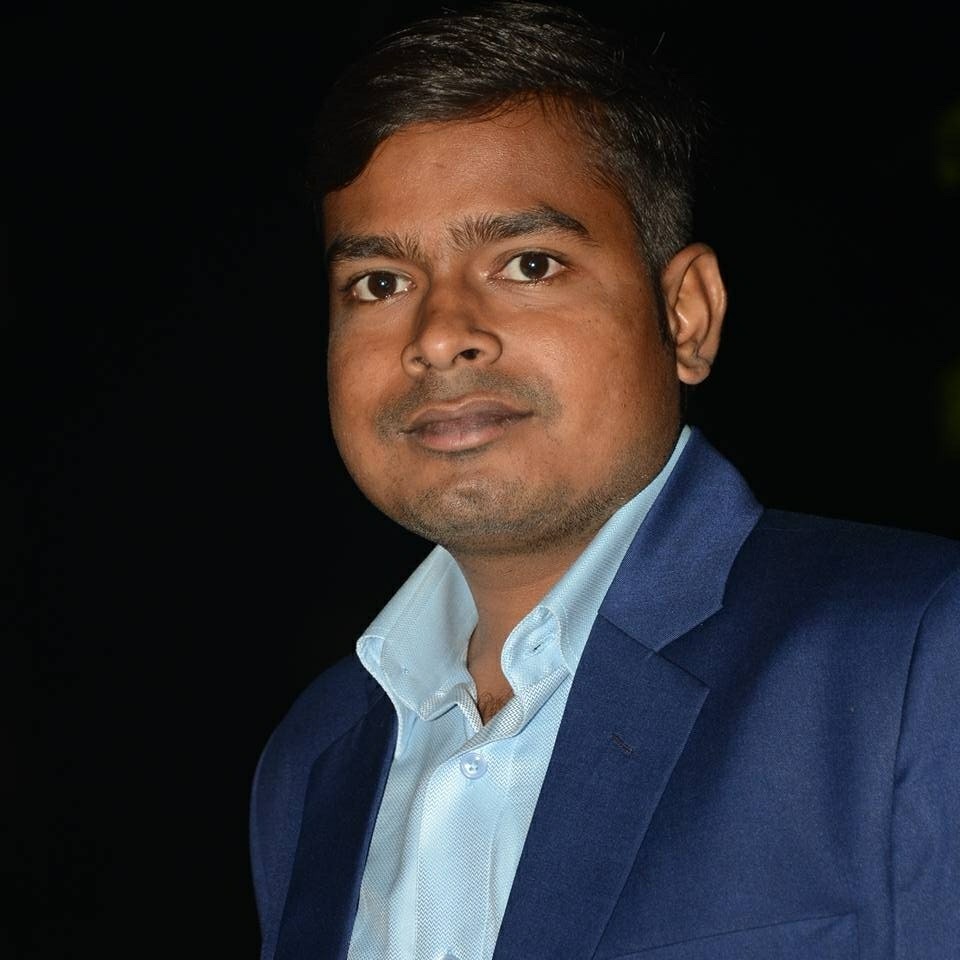
(Ranchi, 2018)
The idea of mentorship at upsc pathshala is great. Your single point of contact for any doubt that may arise. They also keep you motivated. I have taken several tests during my preparation. Their tests are quiet good and upto UPSC standards.
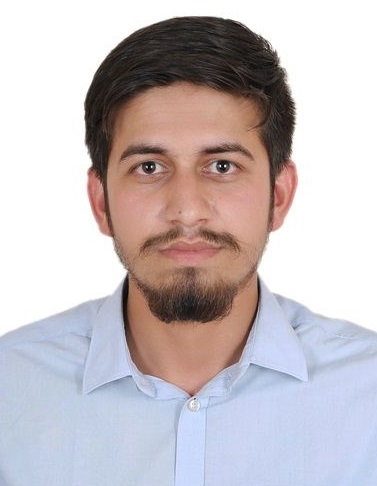
(Bhubaneshwar, 2018)
Since I am working currently I decided to complete my optional subject first. After a lot of research, I decided to take Geography as my optional as the study material is easily available. That is when I came to know about UPSC Pathshala from Quora. Someone had posted there about how the Geography optional offered by UPSC Pathshala is very comprehensive.
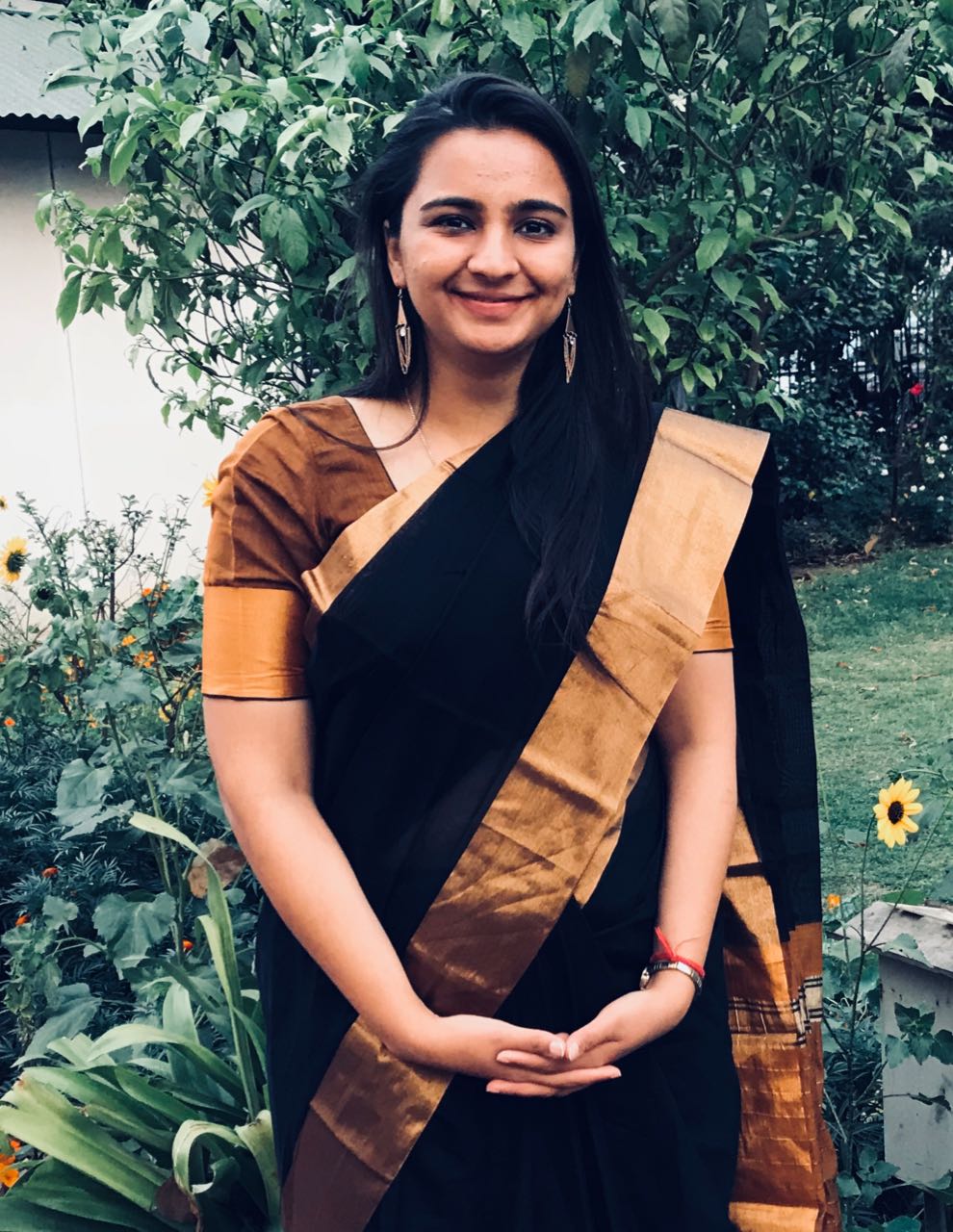
(Jaipur, 2018)
Thank you very much for all your support and guidance throughout the journey. I want to express my wholehearted gratitude to you. I originally hail from Jaipur, Rajasthan and completed my schooling from there itself. My mother works as a Professor in the Computer Science Department at NIT Jaipur, Rajasthan; while my father is a businessman. I’ve pursued my engineering from IIT Bombay in 2014.
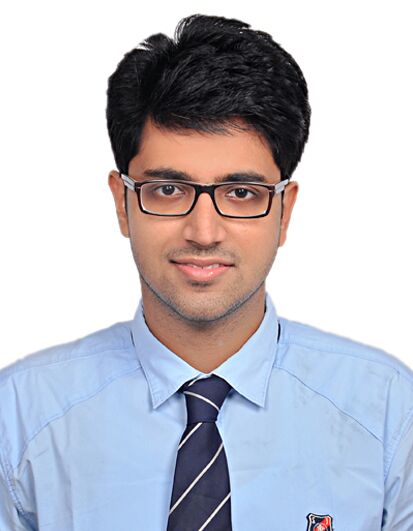
(Raipur, 2018)
I completed my Chartered Accountancy in 2016 and got into a corporate job at ITC Limited. So I was working from November 2016 to February 2016 there and although the job and pay was very good I realized that this wasn’t something I could do for the rest of my life. I needed to find a greater purpose that could keep me going. UPSC was always there at the back of my mind so in March 2016 I resigned from my job and started preparing for UPSC. The Prelims was to be conducted in August 2016 so I had 4-5 months to prepare.
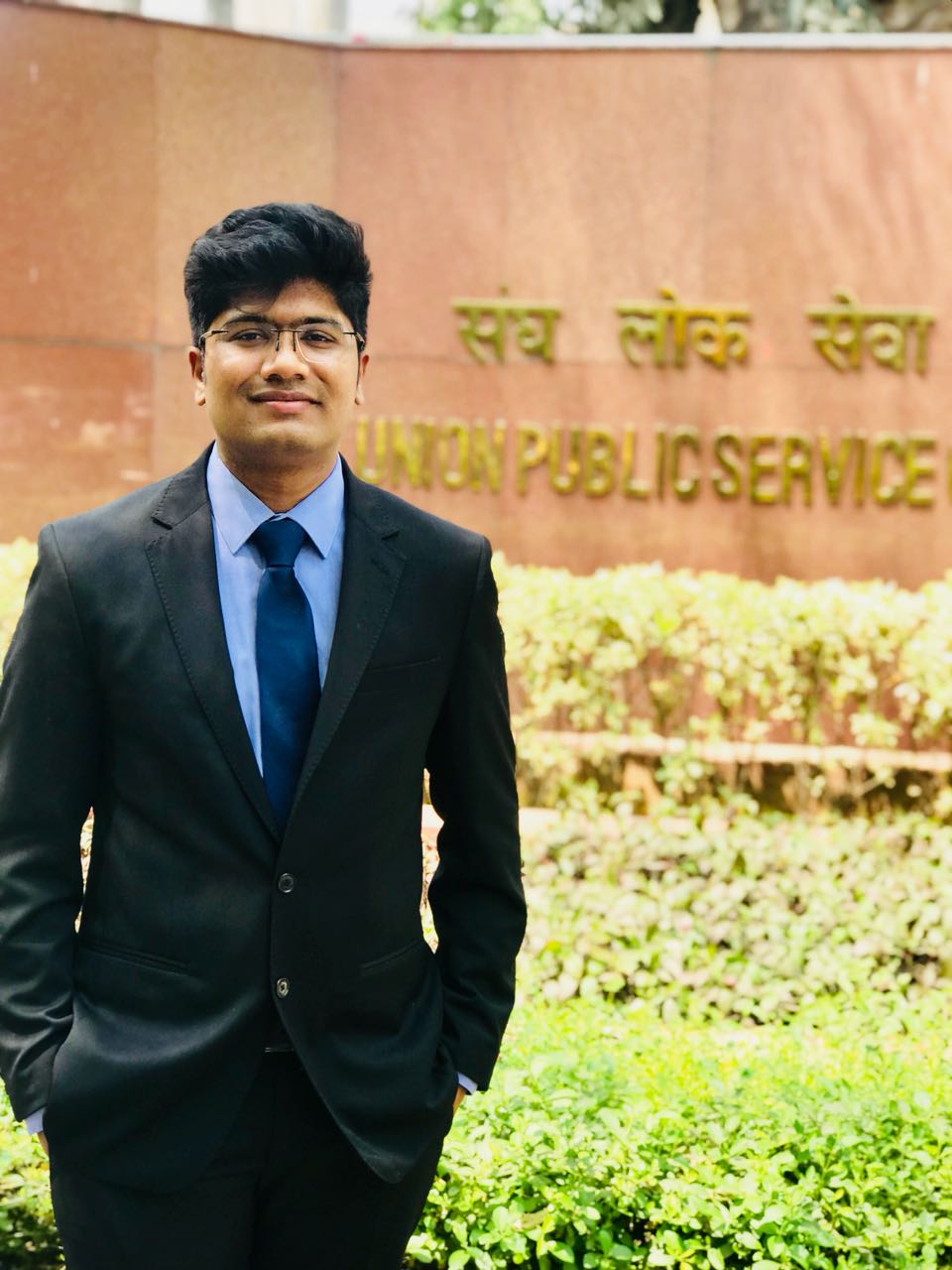
(Hubli, 2018)
Nikhil Nippanikar has been kind enough to take us through his rough and tough journey with the UPSC exam. He secured AIR 563 in the 2017 UPSC Civil Services Exam. Read more to know more.
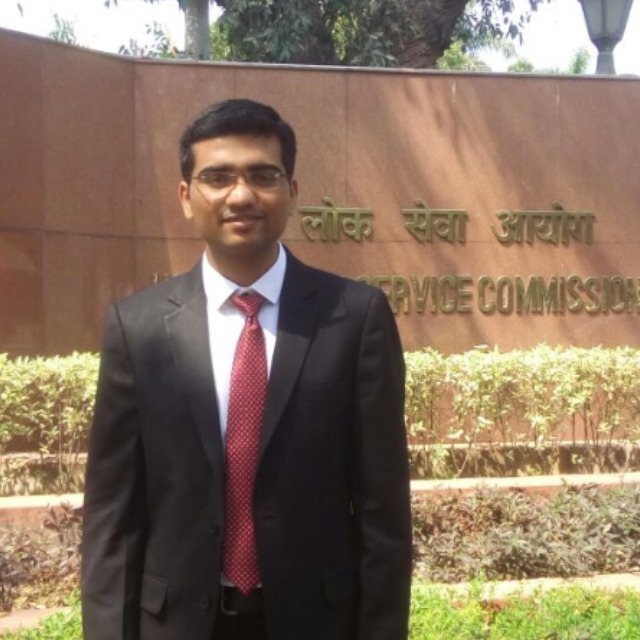
(Mumbai, 2018)
I think online resources are kind of revolution for the preparation because of the advantages you get from the online coaching mode. First thing is that the cost will be much lesser than the classroom preparation. Not everyone can afford to go to Delhi and the expensive coaching classes. For such students UPSC coaching is available for cheaper cost.
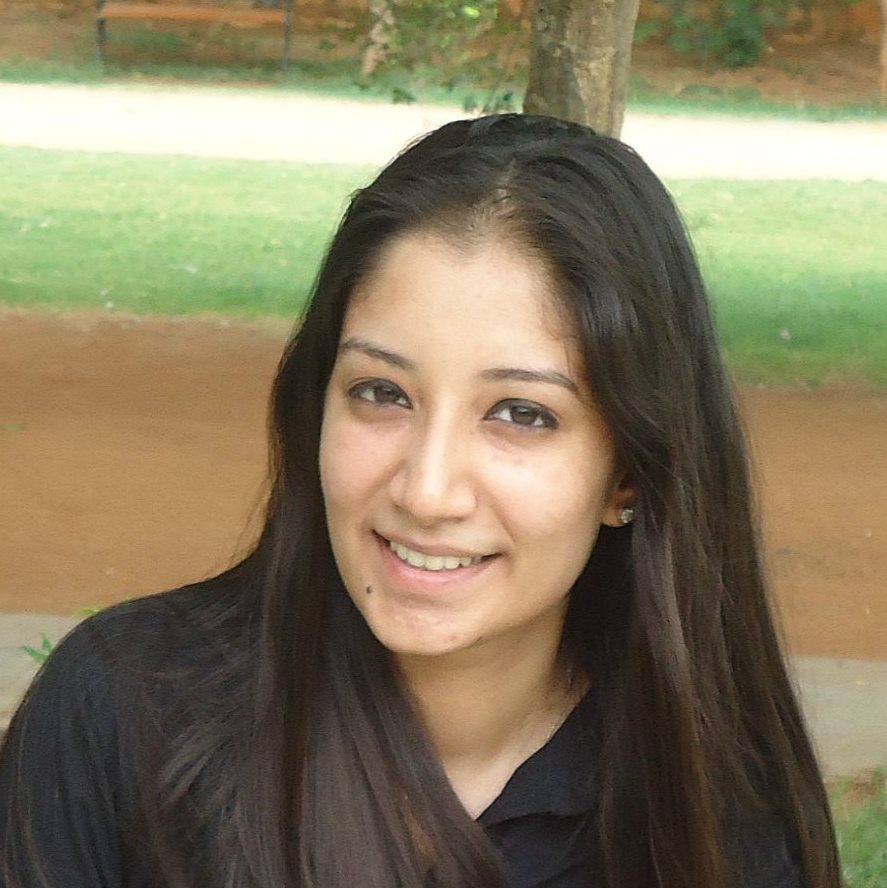
(Indore, 2018)
The Civil Services Examination is a nationwide competitive examination in India conducted by the Union Public Service Commission .The exam is conducted for recruitment to diverse Civil Services of the Government of India, including the Indian Administrative Service (IAS), Indian Forest Service (IFS), Indian Police Service (IPS) amid others.
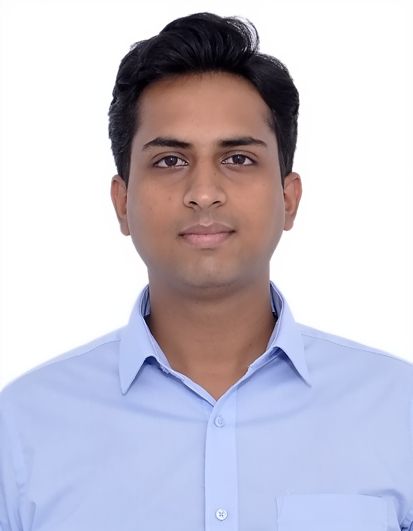
(Indore, 2018)
Kushal Chouksey's journey with the civil services goes way back. His father is currently serving in the state civil services. His upbringing has been in different cities across India, given the nature of his father's job. Following is a conversation with Kushal regarding his success in UPSC CSE 2017.
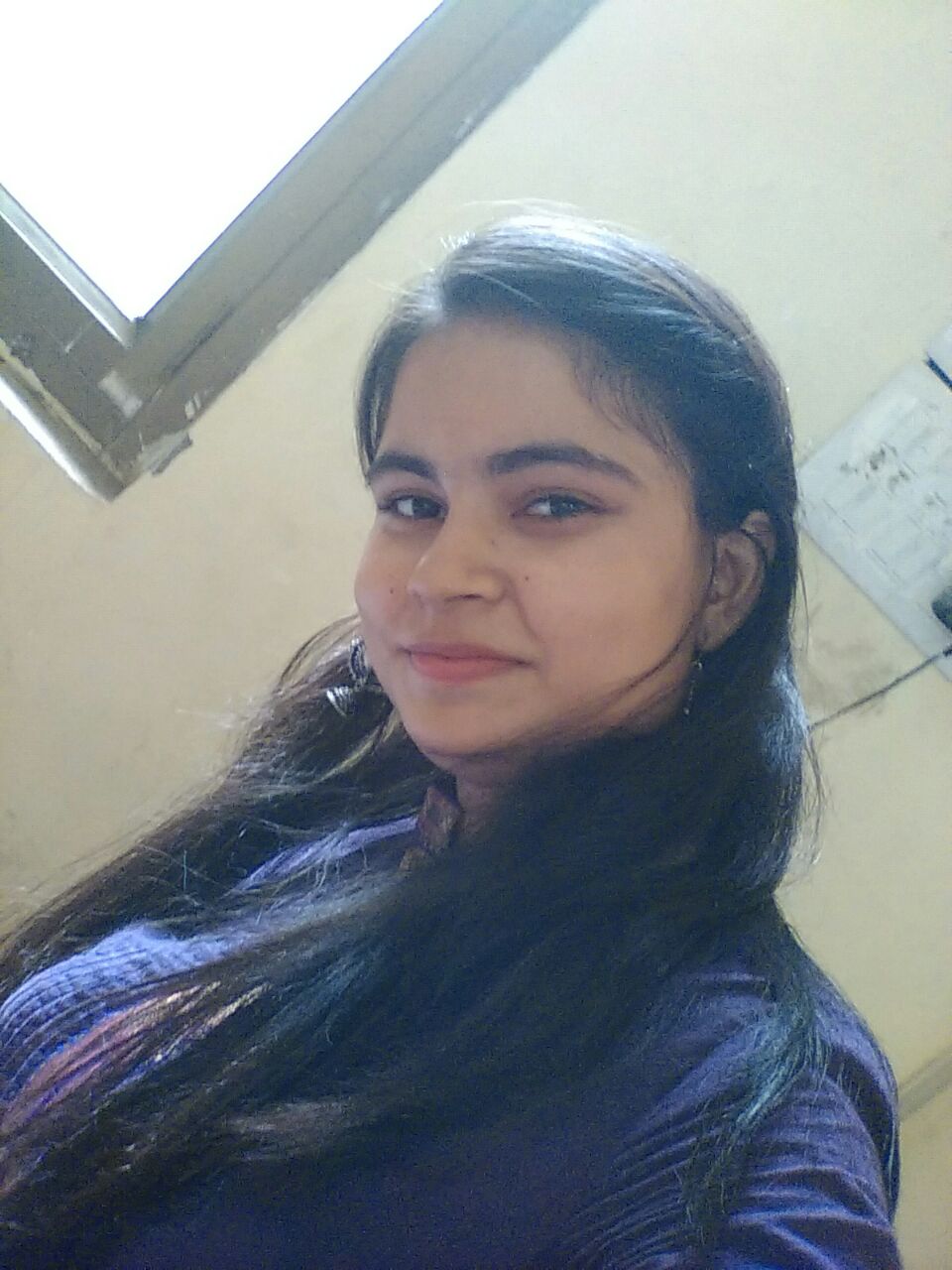
(Lucknow, 2018)
I've completed my course with UPSC Pathshala and I'm ready to attempt the 2018 UPSC exam. It was a wonderful time that I had with my Mentor, Tasneem. There was never too much burden of studies, considering the study plan chalked out for me by my mentor. She has guided me really well till now. For every aspirant, that jump from 0 to 1 is the most important.
_html_64899a754bbc80d6.jpg)
(Surat, 2018)
I started preparing for the UPSC CSE 2018 in May 2017. That's when I joined UPSC Pathshala. I'm still in the preparation phase and if everything goes as per plan, I'll start revising and taking tests by April 2018.
_html_f05bbfeb1ce5b998.jpg)
(Pune, 2018)
Hi, my name is Srivathsa A, I have pursued Bachelors of planning and will be appearing for Civil Services Examination in 2019. I have enrolled myself with UPSC Pathshala for my CSE preparation and I have completed half of my course. I was assigned Tasneem Ma’am as my mentor and she guided me well which enabled me for self-study.
_html_63d7c50a15289c38.jpg)
(Delhi, 2018)
UPSC Pathshala is not just an institution but it is a platform which enhances your whole personality. In fact, it grooms you. Each day there are challenges which later condensed into a frenzy of experiences. I express my heartiest gratitude for the golden opportunity UPSC Pathshala is providing me to appear for CSE in 2018 with great confidence.
_html_aa6b489da321c3cd.jpg)
(Patna, 2018)
UPSC Pathshala has been very helpful in my preparation. The video lecture provided by them cuts the time required for studying by half. I have finished studying the video lectures and have started revising.These video lectures make me confident enough that I could crack this exam with proper preparation.
_html_61a6206333163c9a.png)
(Gaziabad, 2018)
On commencement of this battle with UPSC, I was baffled all over, like what to do and how to start and thus one day, I encountered with the videos of uFaber on my fb page. And according to me, there would be no exaggeration to say that I encountered the perfect teacher,
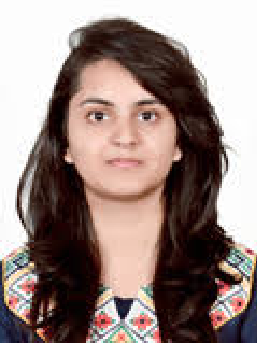
(Delhi, 2018)
Like a lot of aspirants, I too was anxious about the difficult preparatory demands of UPSC CSE before I actually started "learning" without the feel of "studying". UPSC PATHSHALA made me rethink about this image because through their lectures, I could understand topics which sound like high-end complex things.
_html_f55c8f4a97574feb.jpg)
(Mumbai, 2018)
"UPSC Pathshala provides an excellent UPSC preparation plan and their videos are very easy to comprehend. Even someone as an amateur (in UPSC preparation) as me has been able to get a hold of the gigantic syllabus. All major topics are extensively covered and explained in depth with relevant examples which helps in making my learning process better and better. And all of this is at a very economical price as compared to the other coaching institutes.
_html_44244dd18bb19461.jpg)
(Jabalpur, 2018)
I am a working professional and have always aspired to clear UPSC. Hence, I started preparing for the exam a few months back. But considering the fact that I was a working individual, I did not have enough time for regular coaching classes. Besides, the fees of regular coaching classes did not resonate with my budget. However, I also knew without guidance I cannot continue with the preparation of the mammoth syllabus which is there in this exam needs strategical preparation to complete it. I then searched for the material that is available online which I successfully found.

(Ahmedabad, 2018)
I’m in my final year of graduation in engineering from Shah and Anchor. It is only recent, about 4 months, that I have begun my preparation for the Civil Services Exam. The preparation, though at a beginner level, is going in the right direction.
Book a free demo session to get a personal mentor to help you clear your doubts and prepare you.